“Giant,” released in 1956, is a sweeping epic film that captures a changing Texas. The movie tells the story of a wealthy ranching family. It spans several decades, from the 1920s to the 1950s. It stars Elizabeth Taylor, Rock Hudson, and James Dean. “Giant” is considered a classic of American cinema.
The film is based on a novel by Edna Ferber. It centers on the Benedict family, who own a massive cattle ranch called Reata. The story begins when Jordan “Bick” Benedict Jr., played by Rock Hudson, travels to Maryland. He goes to buy a prized horse. There, he meets and marries Leslie Lynnton, played by Elizabeth Taylor.
Leslie is a strong-willed and independent woman. She is not afraid to speak her mind. She is different from the women Bick is used to in Texas. She has progressive views on many topics. This includes race and social equality.
Read more
Bick and Leslie return to Texas to live at Reata. Leslie is initially shocked by the size and isolation of the ranch. She struggles to adjust to the Texas lifestyle. She finds the social customs to be quite different.
The film introduces Jett Rink, played by James Dean. He is a ranch hand who works for the Benedicts. Jett is a brooding and ambitious young man. He resents the Benedicts’ wealth and power. He dreams of becoming rich himself.
Over time, Leslie and Bick’s relationship evolves. They have children. They face challenges and triumphs together. They learn to understand and appreciate each other’s differences. Their marriage is tested by time.
Jett Rink eventually inherits a small piece of land from Bick’s sister, Luz. He discovers oil on this land. This makes him incredibly wealthy. He becomes a powerful oil tycoon. He builds his own empire.
The discovery of oil transforms Texas. It brings great wealth to the state. It also leads to social and economic changes. “Giant” explores these changes through the lives of its characters. The oil boom creates new opportunities. It also creates new conflicts.
As Jett Rink rises in power, he becomes increasingly bitter. He never forgets the slights he suffered as a poor ranch hand. He uses his wealth to exert his influence. He seeks revenge on those he feels have wronged him. He becomes an antagonist to the Benedicts.
The film portrays the changing social landscape of Texas during this period. It depicts the decline of the traditional ranching way of life. It shows the rise of the oil industry. It also addresses the issue of racial prejudice. It shows the discrimination faced by Mexican-Americans.
Leslie Benedict is particularly sensitive to the issue of racism. She challenges the প্রচলিত social norms in Texas. She treats everyone with respect regardless of their race or social standing. She tries to make a difference.
One of the most powerful scenes in the film involves a roadside diner. Leslie and her family, including their Mexican-American daughter-in-law and grandson, are refused service. Bick gets into a fight with the diner’s owner. This scene highlights the prejudice that existed at the time. It is a turning point for Bick.
“Giant” also explores the complexities of family relationships. The Benedicts experience their share of joys and sorrows. They face internal conflicts and disagreements. They also support each other through difficult times. Their bond is tested.
The film features stunning cinematography. It captures the vastness and beauty of the Texas landscape. The wide-open spaces serve as a backdrop to the characters’ lives. The landscape is almost a character in itself. It shapes their experiences.


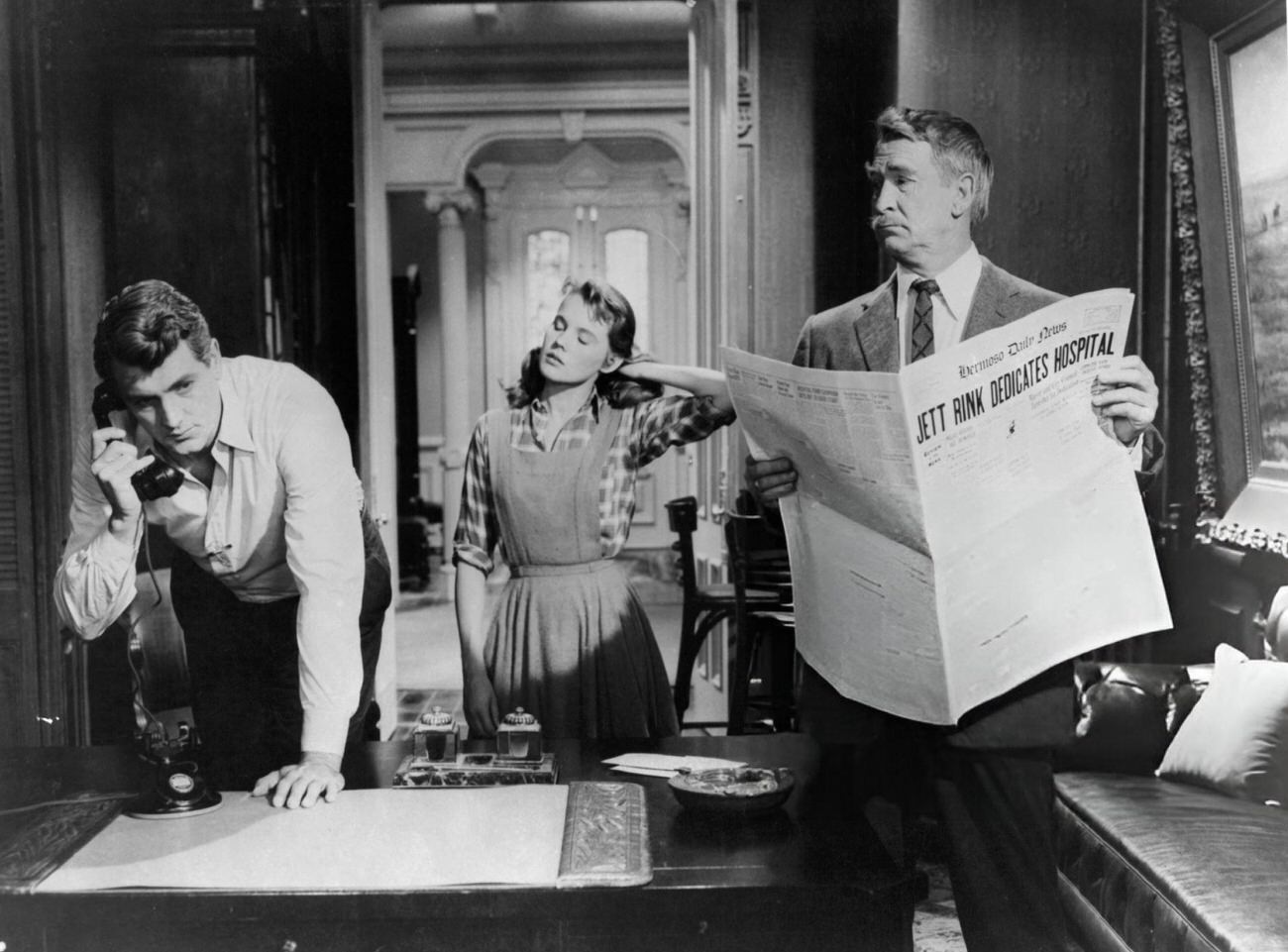
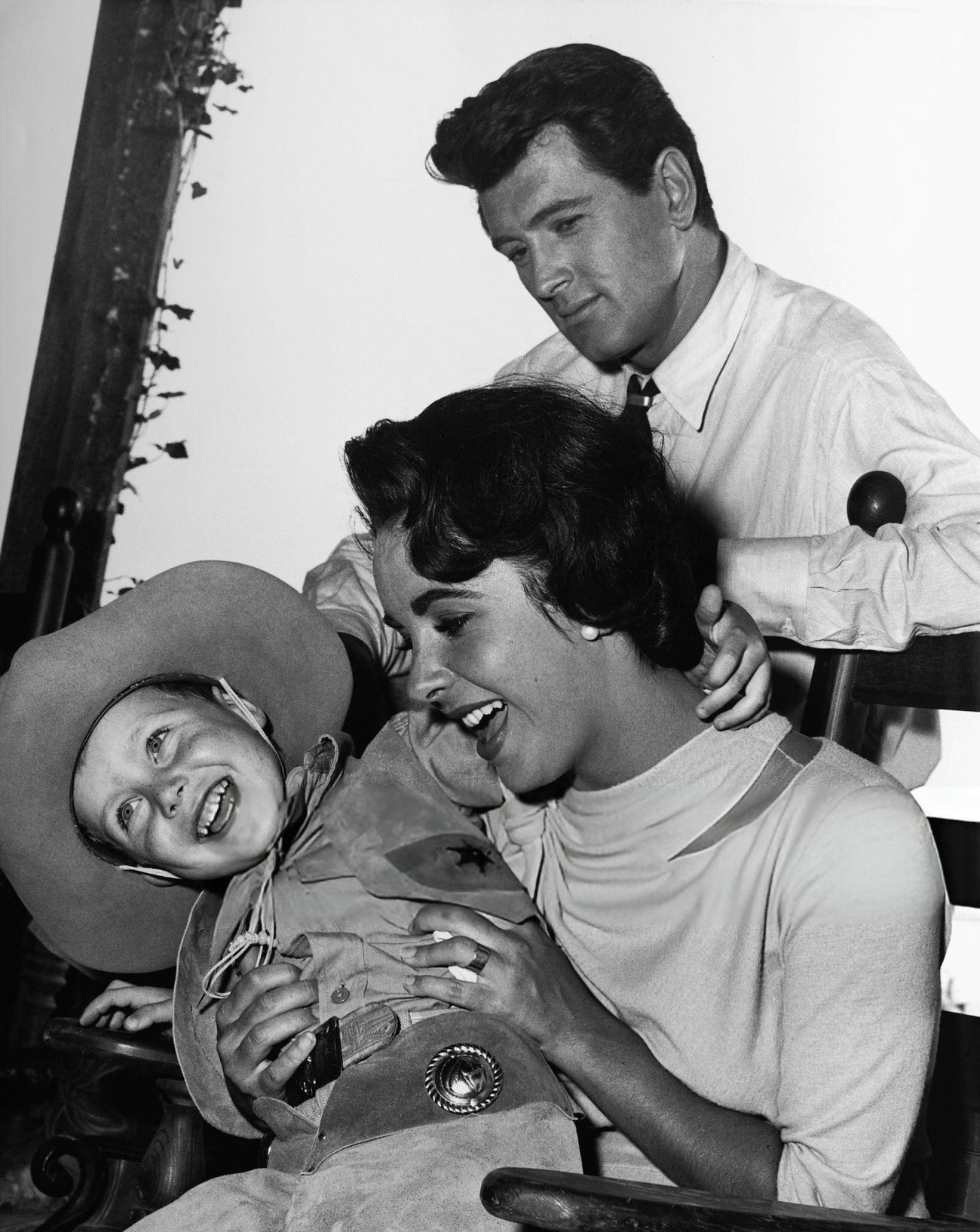
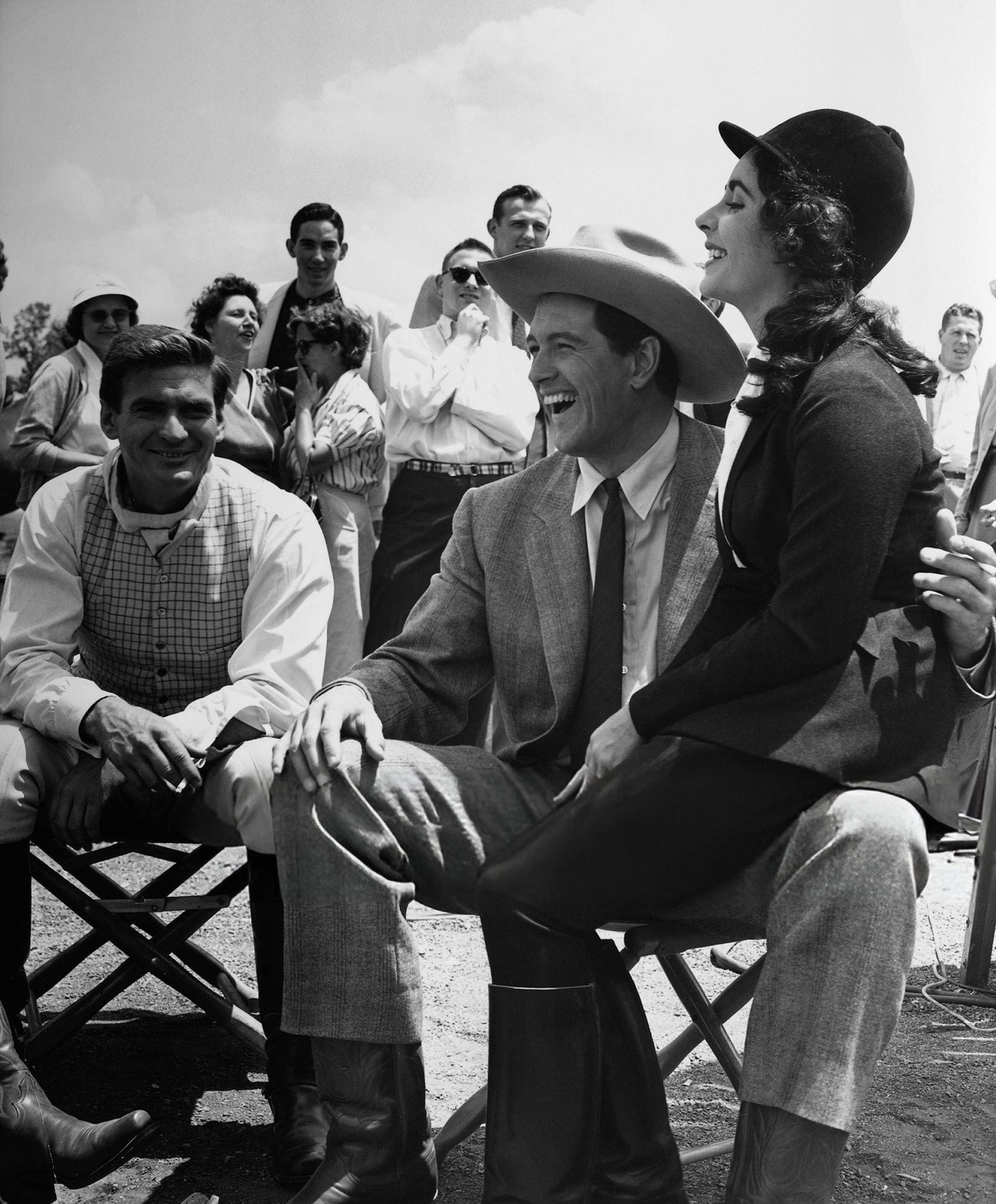
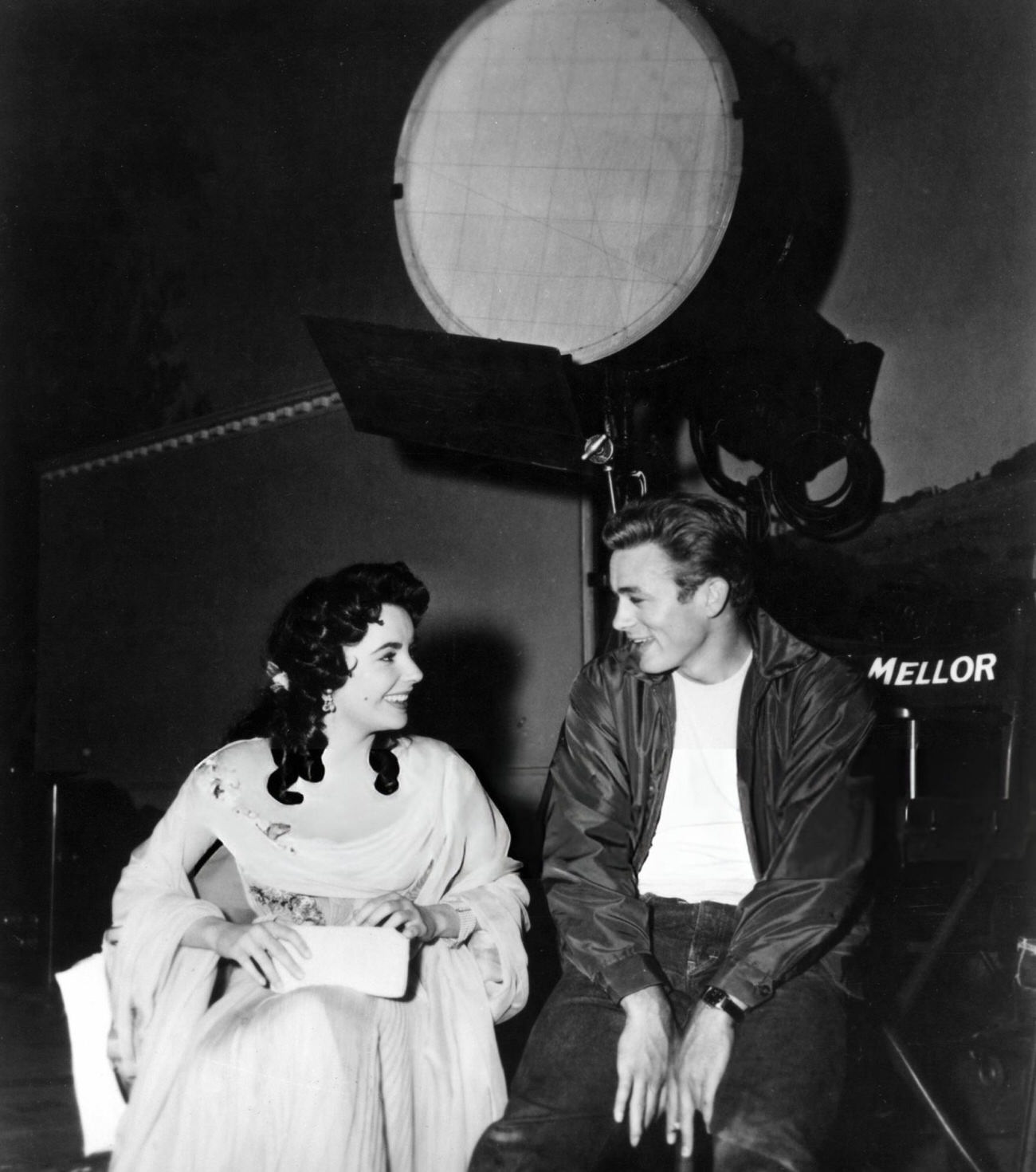
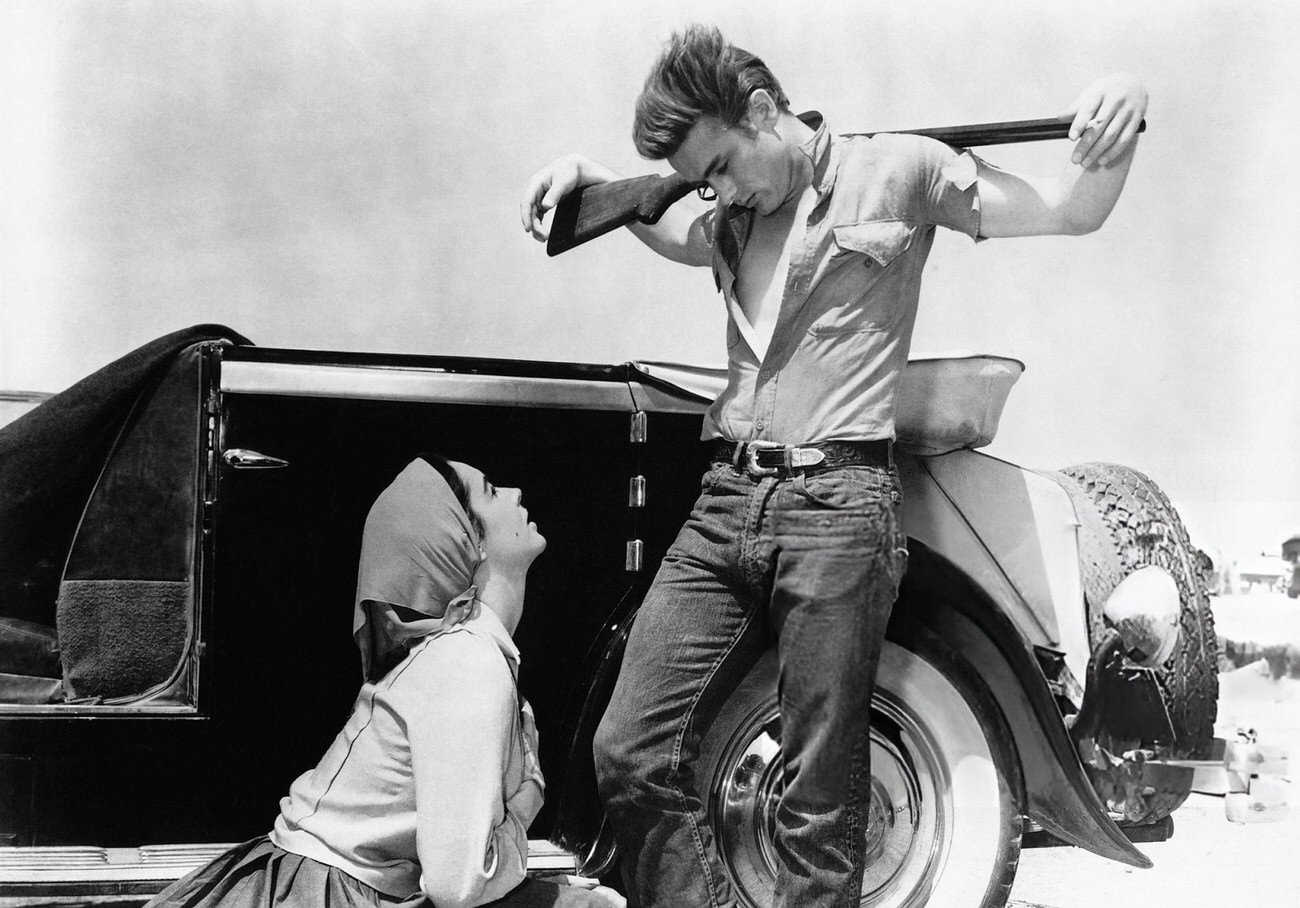
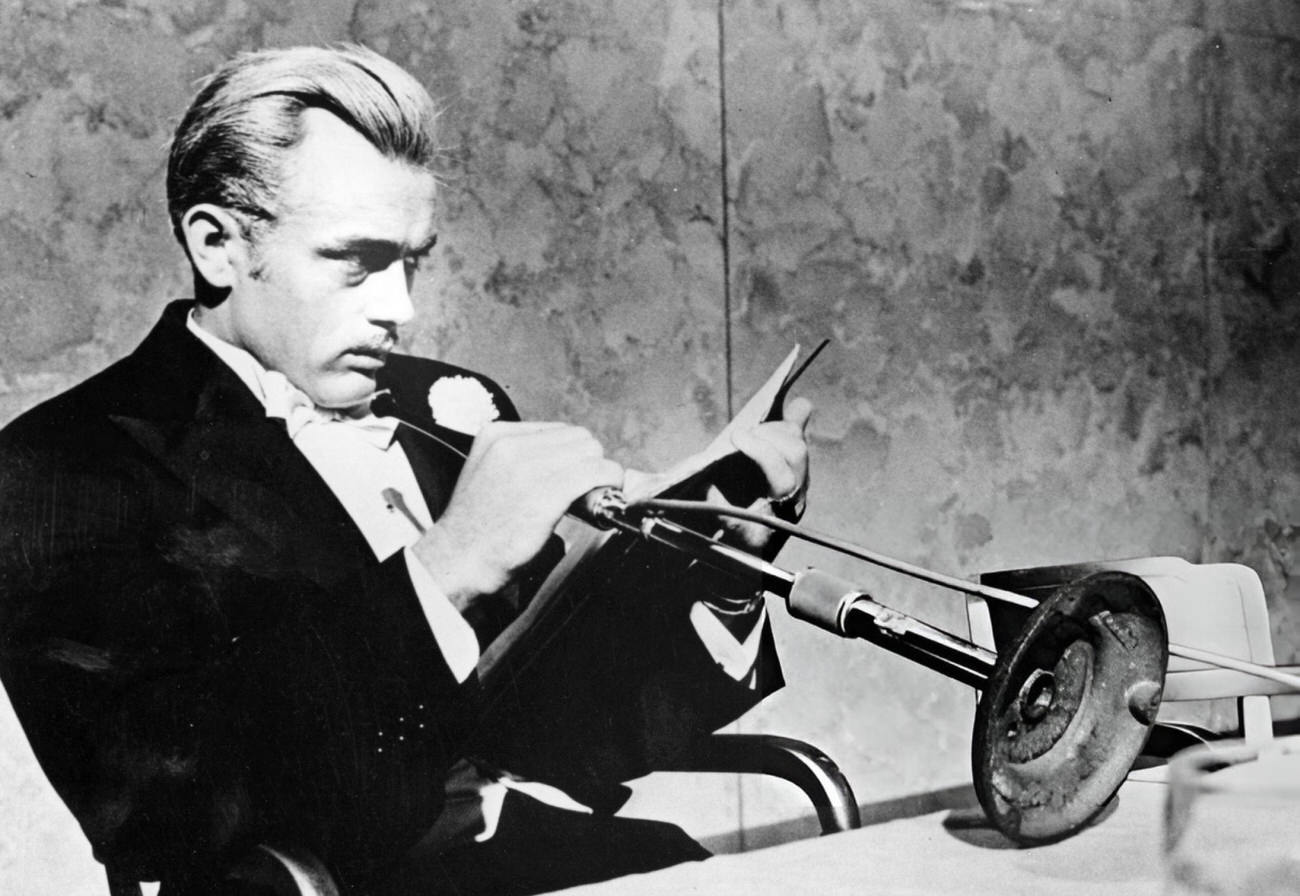
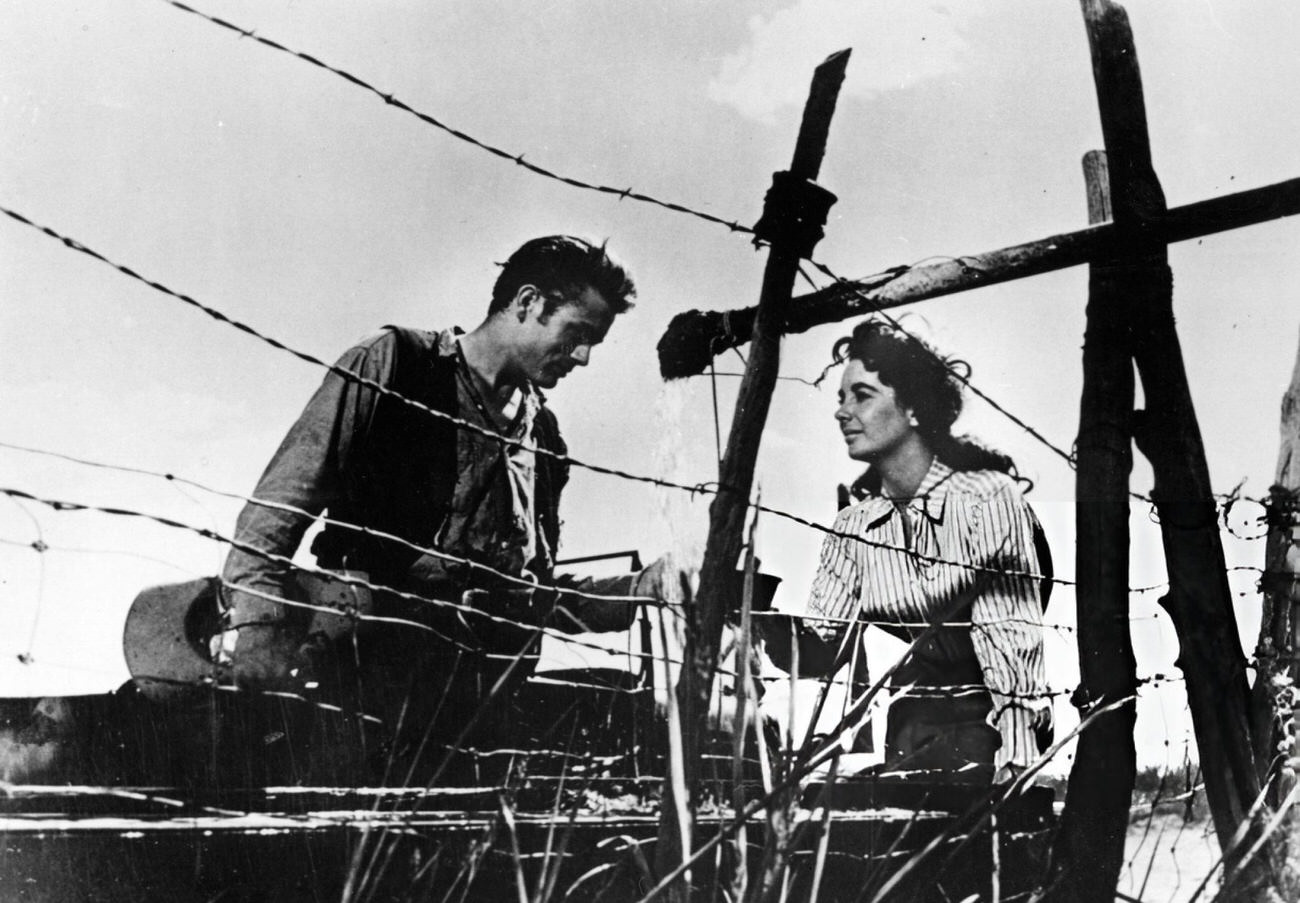
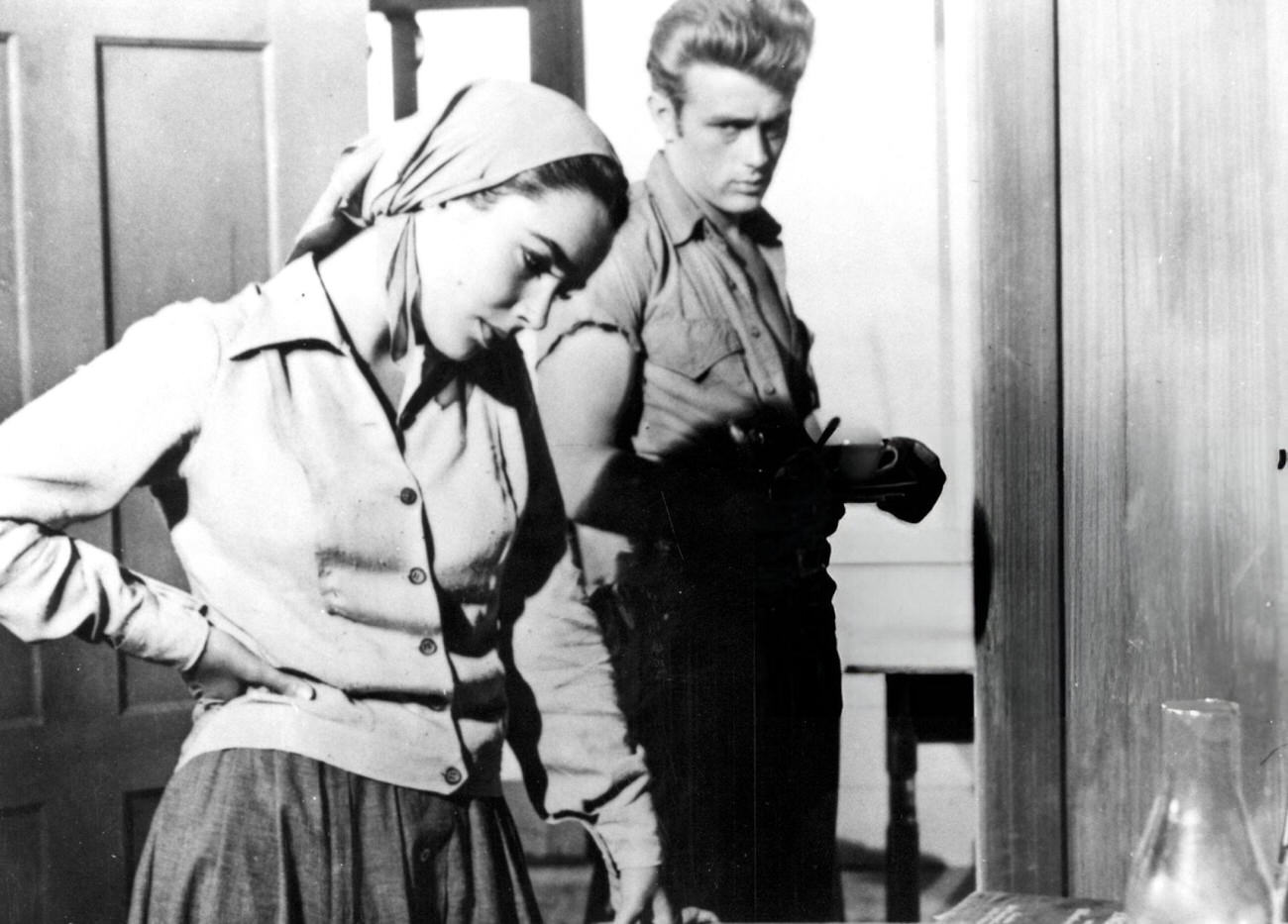
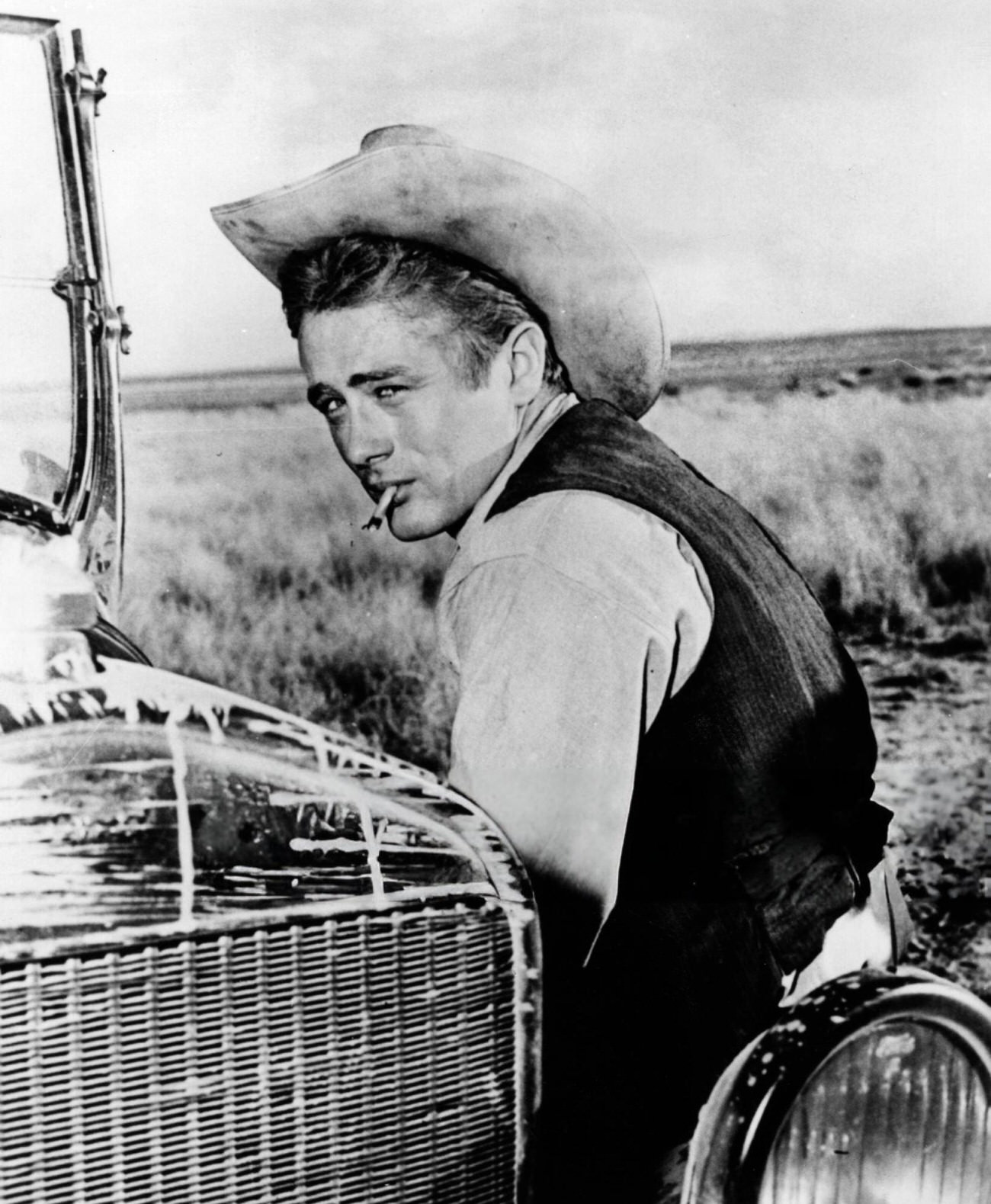
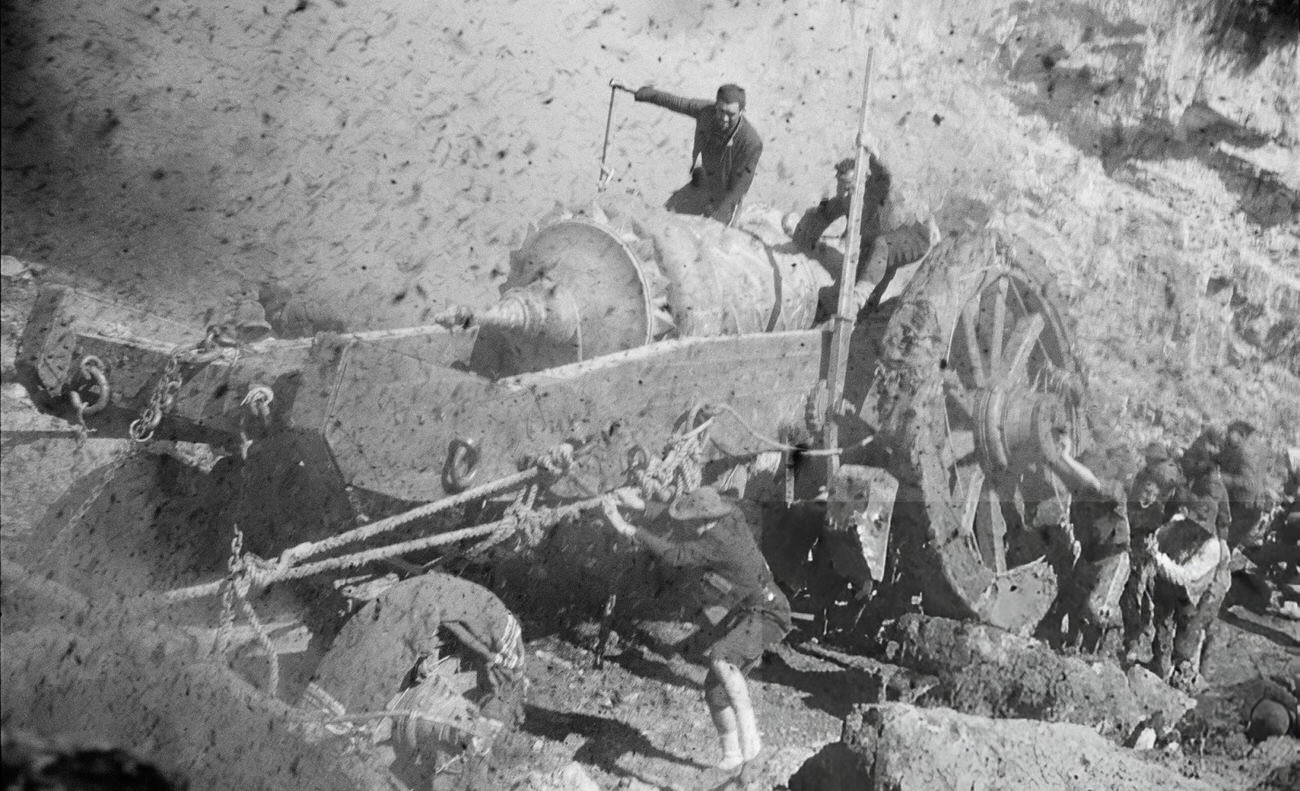
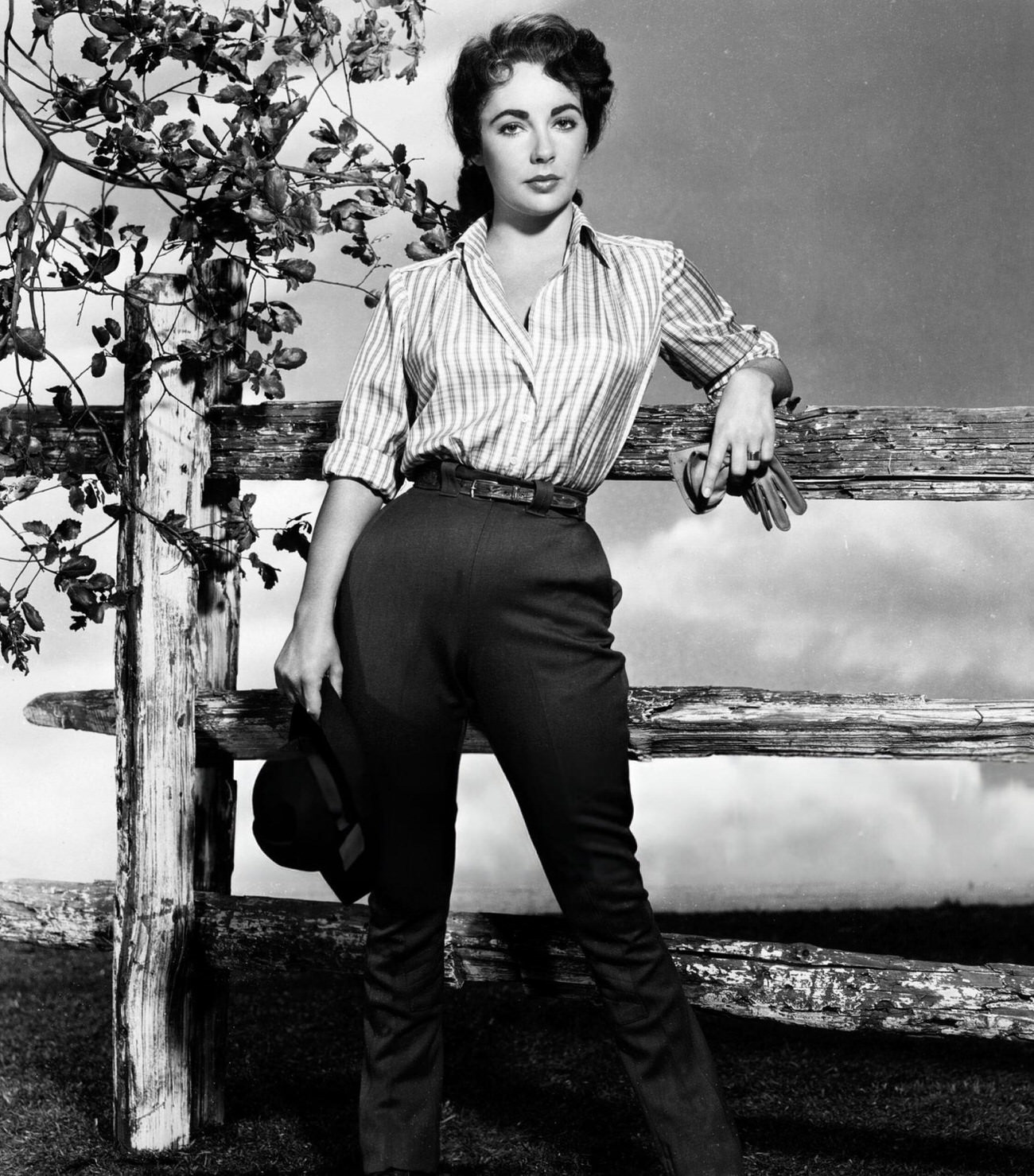
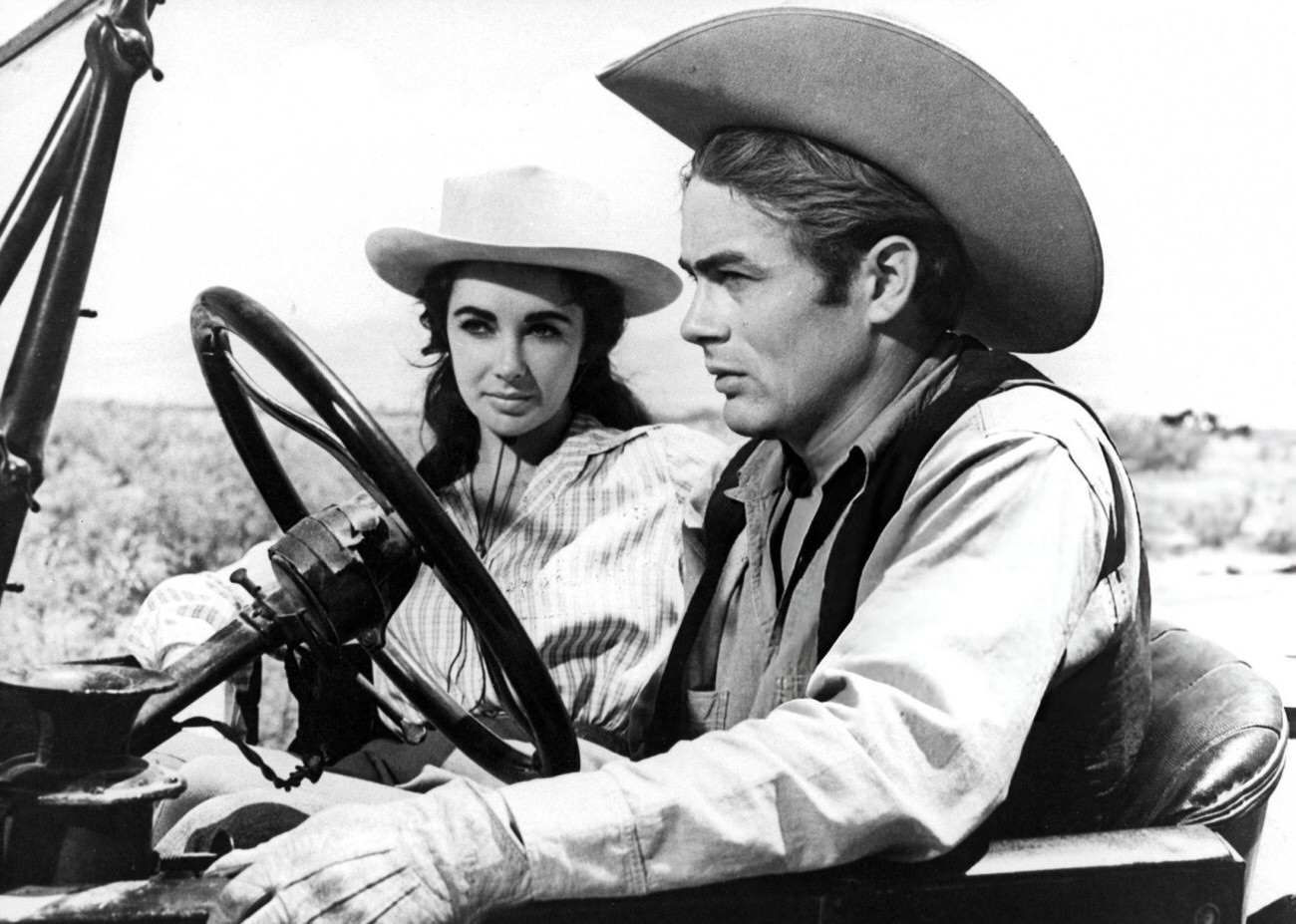
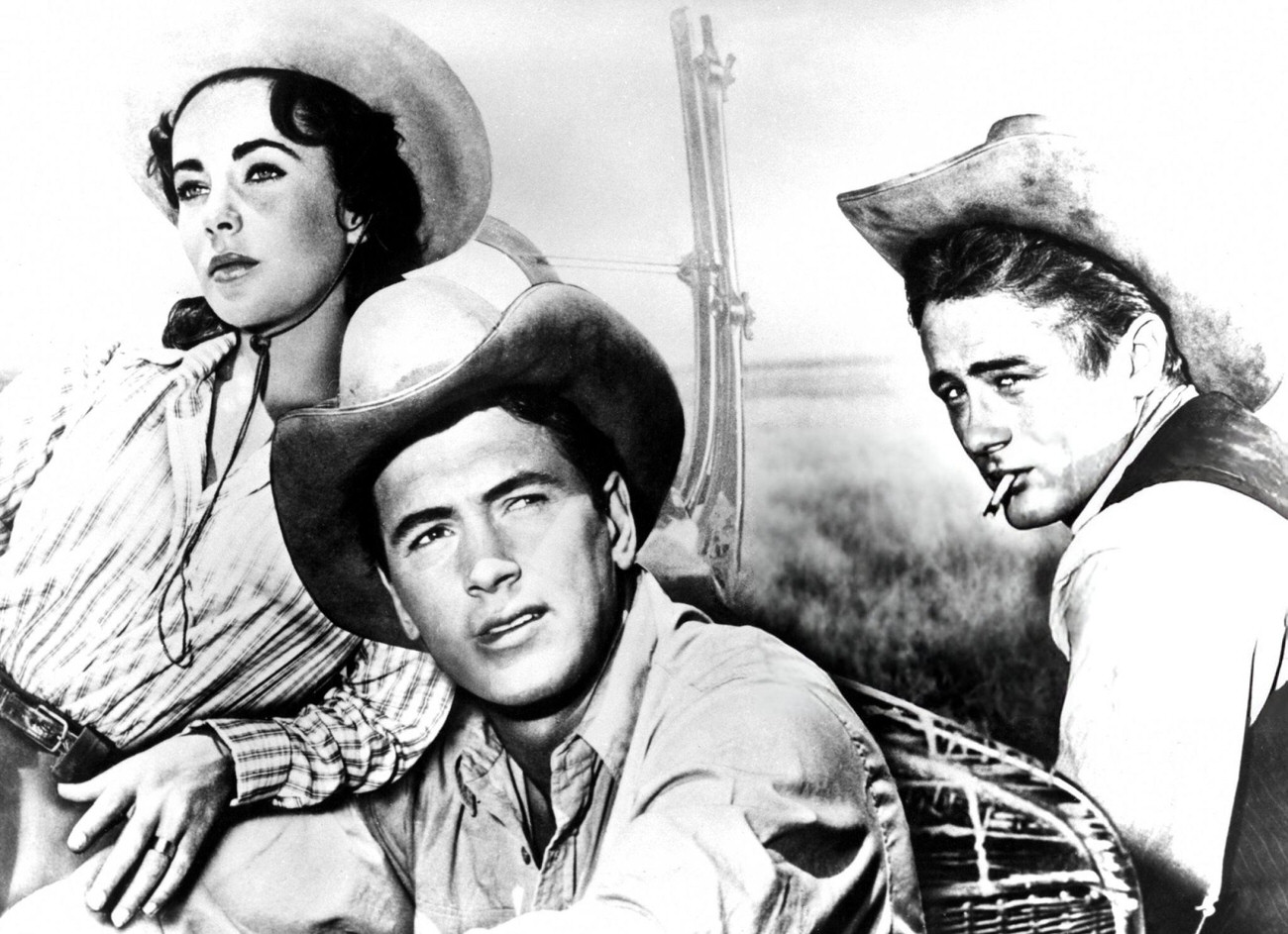
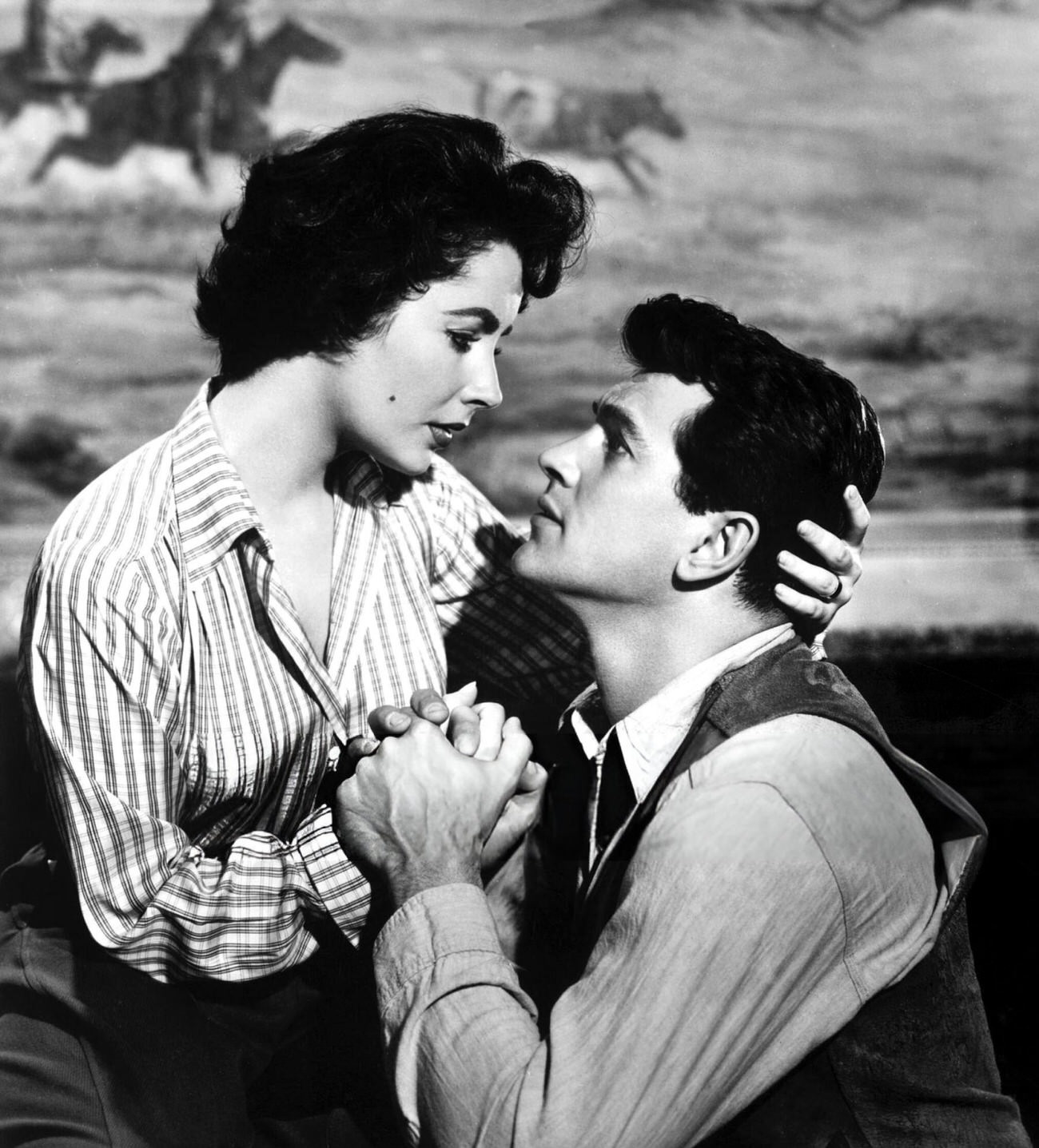
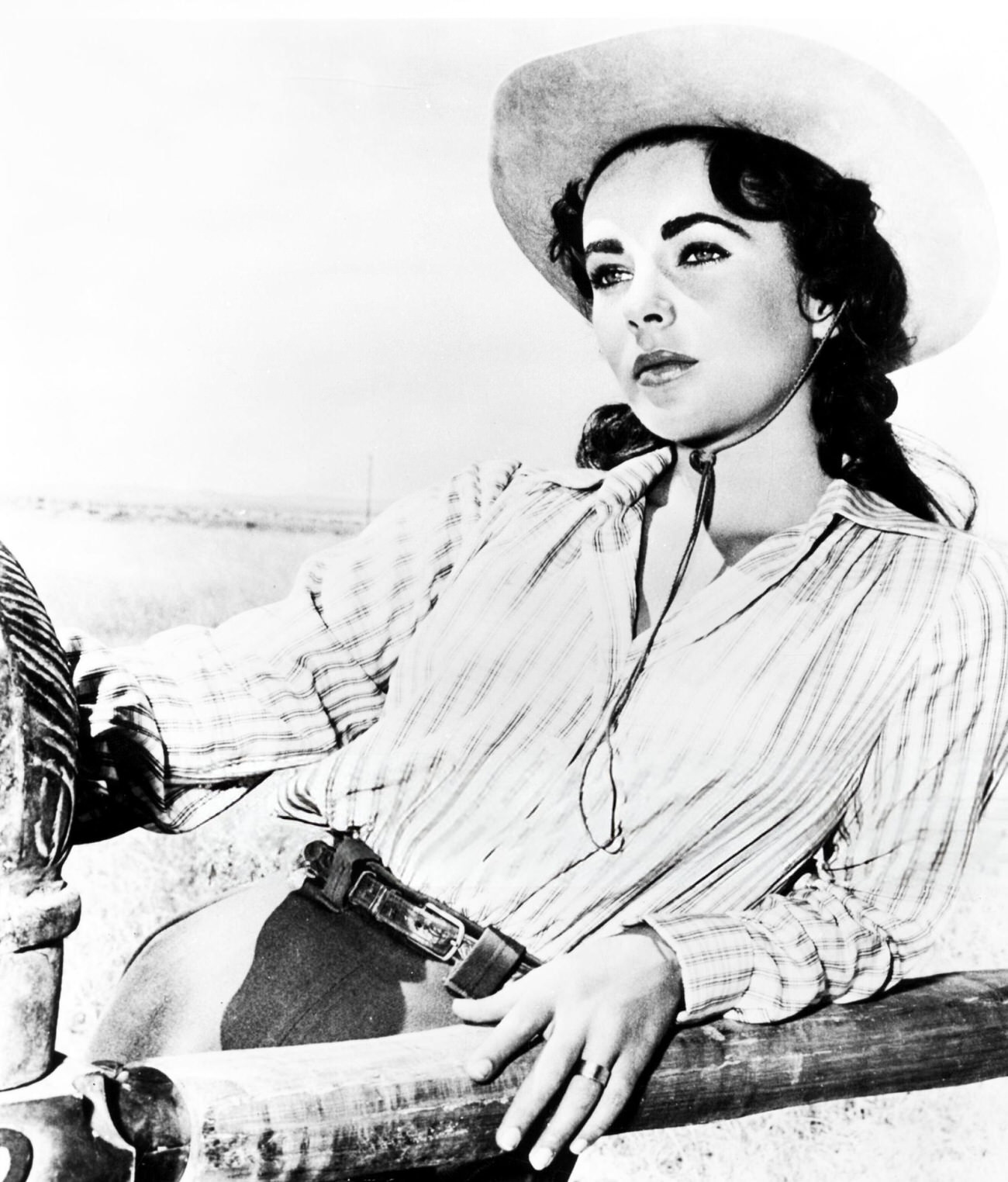
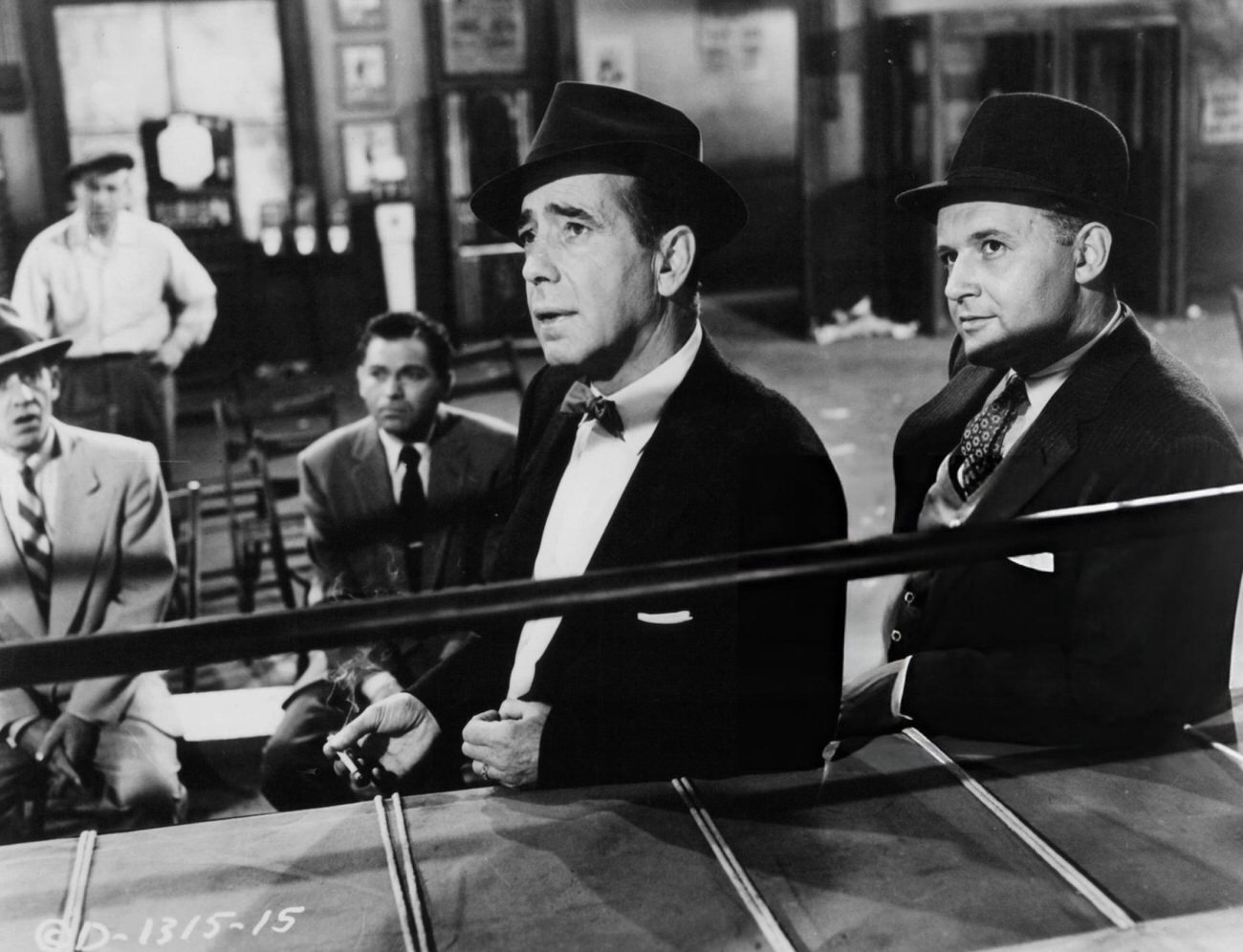
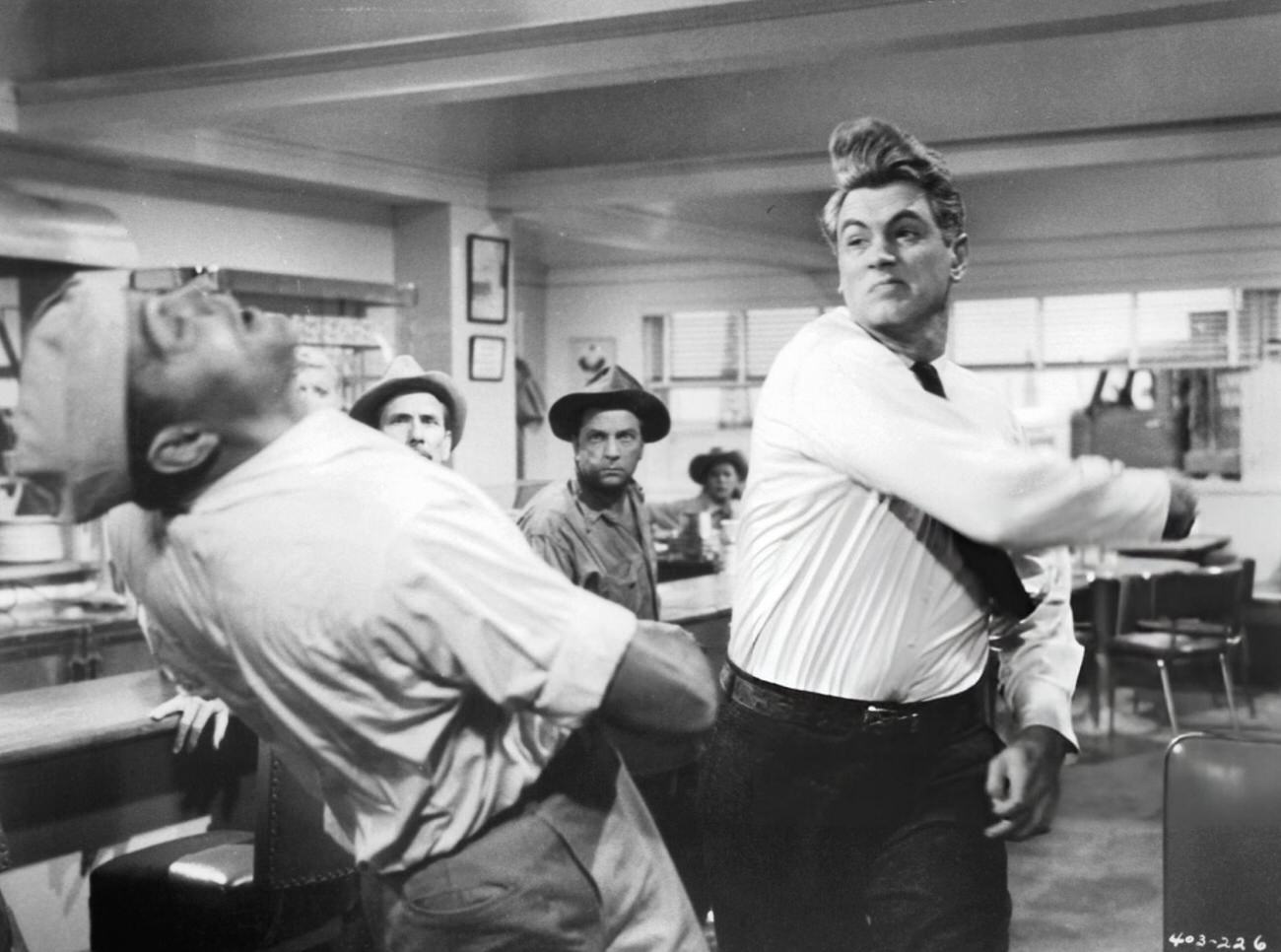
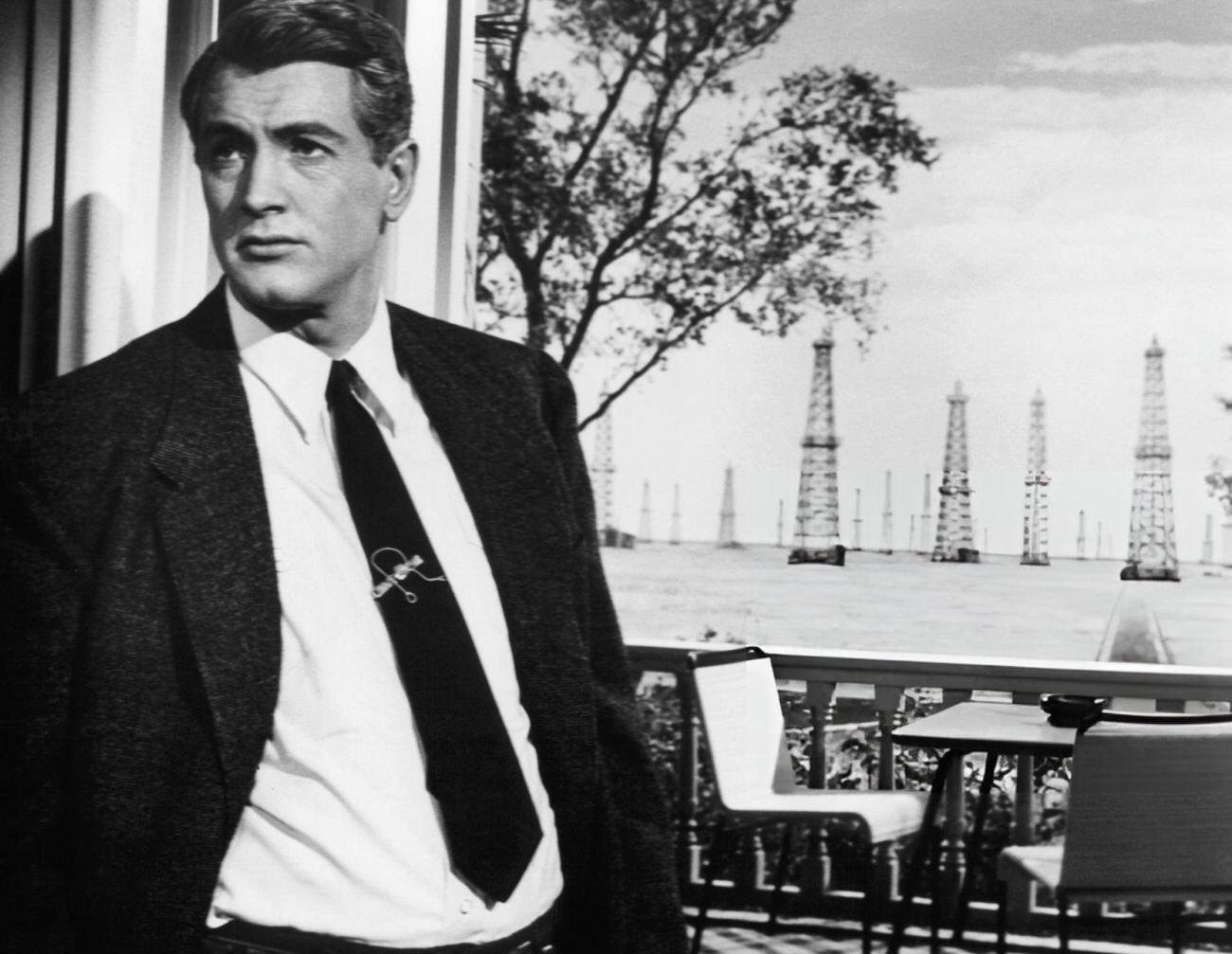
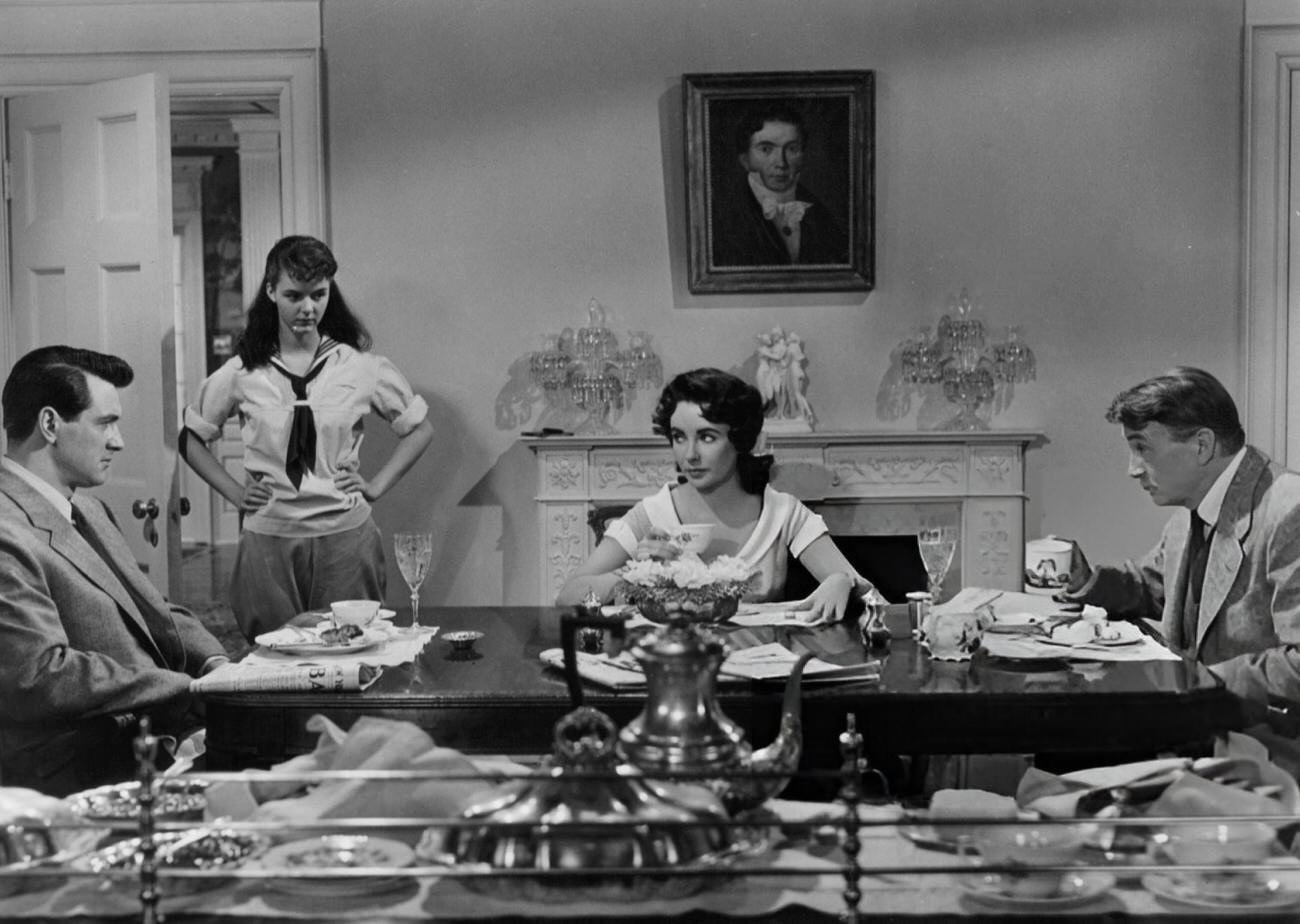
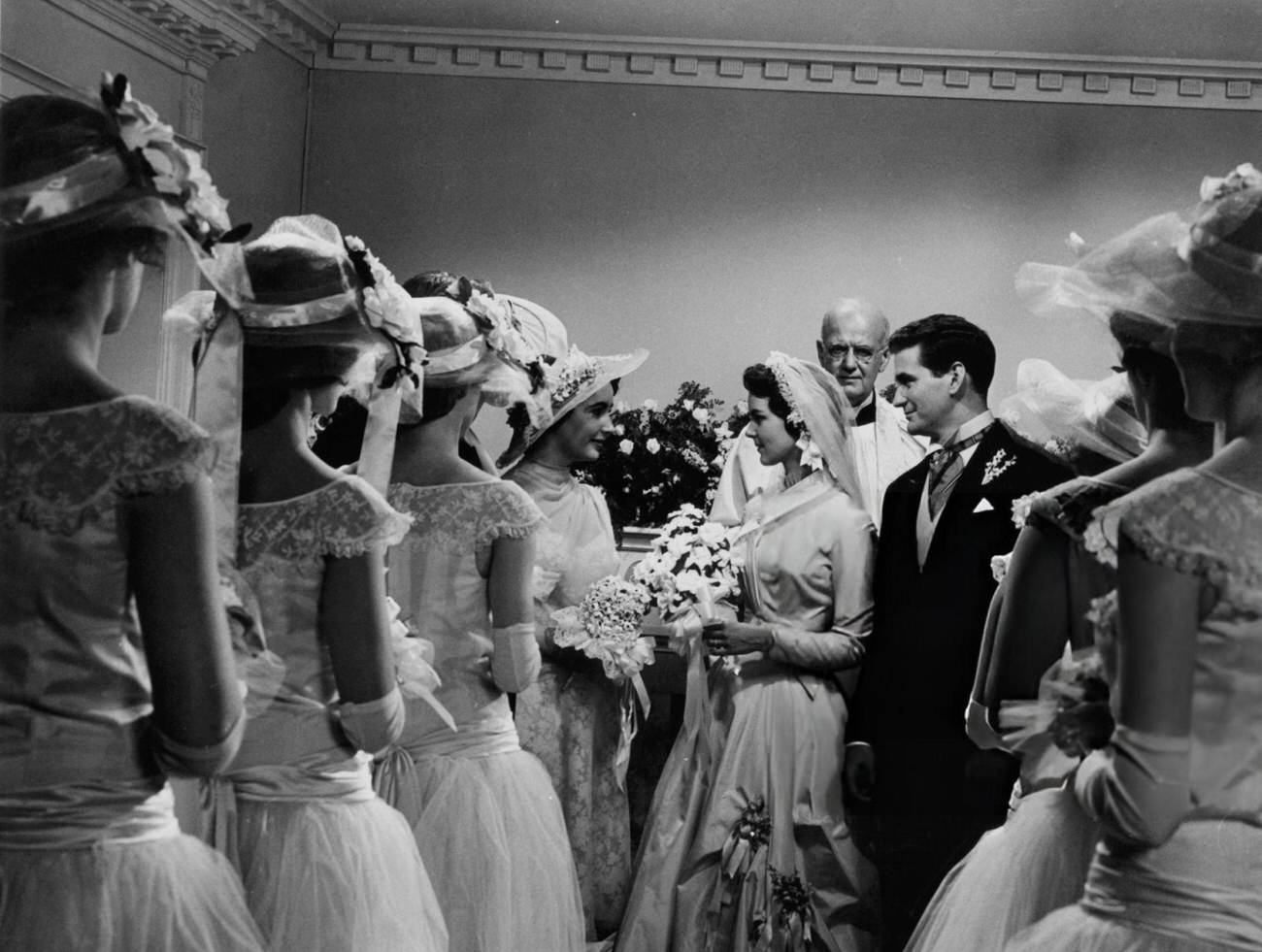
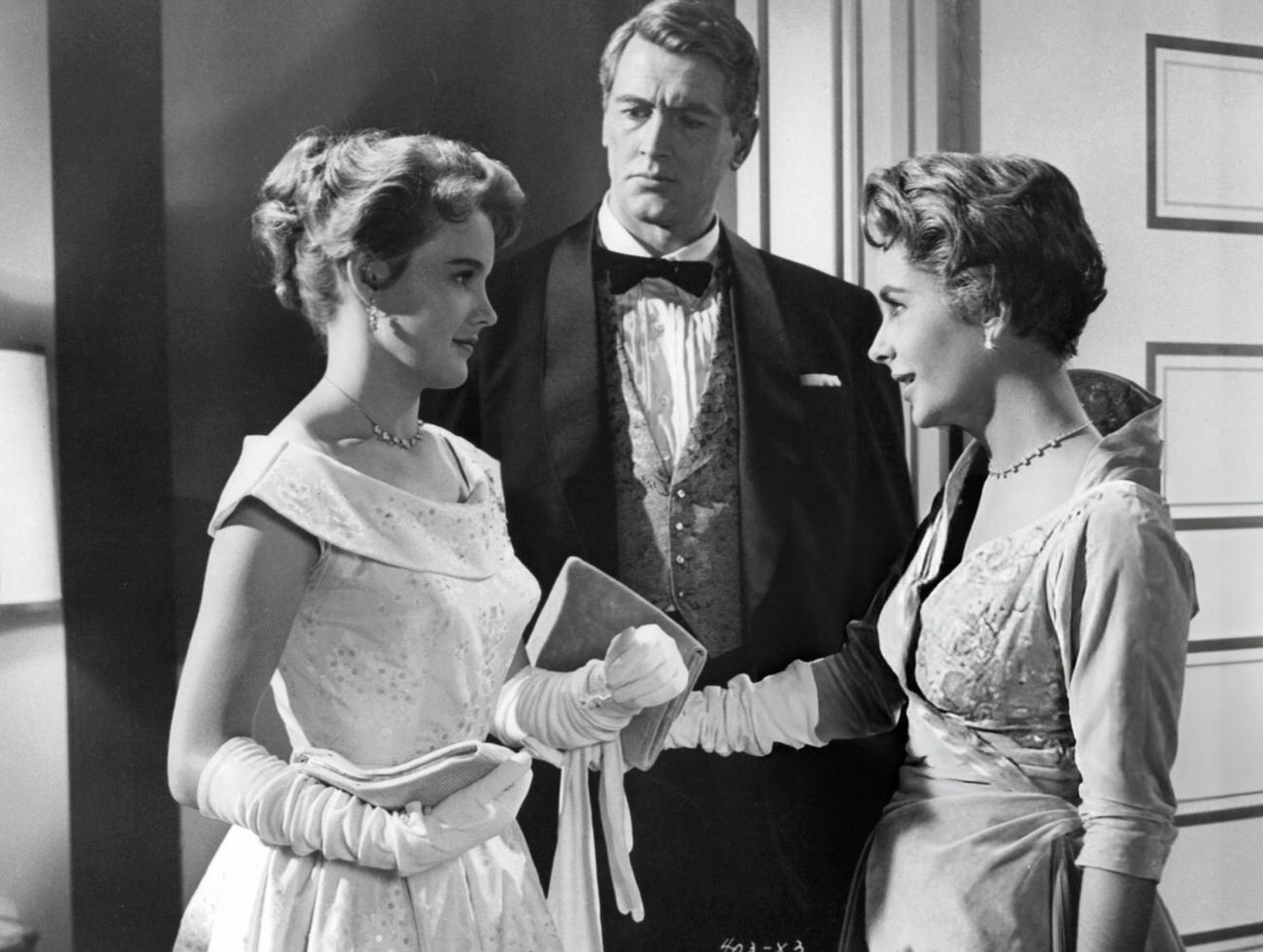
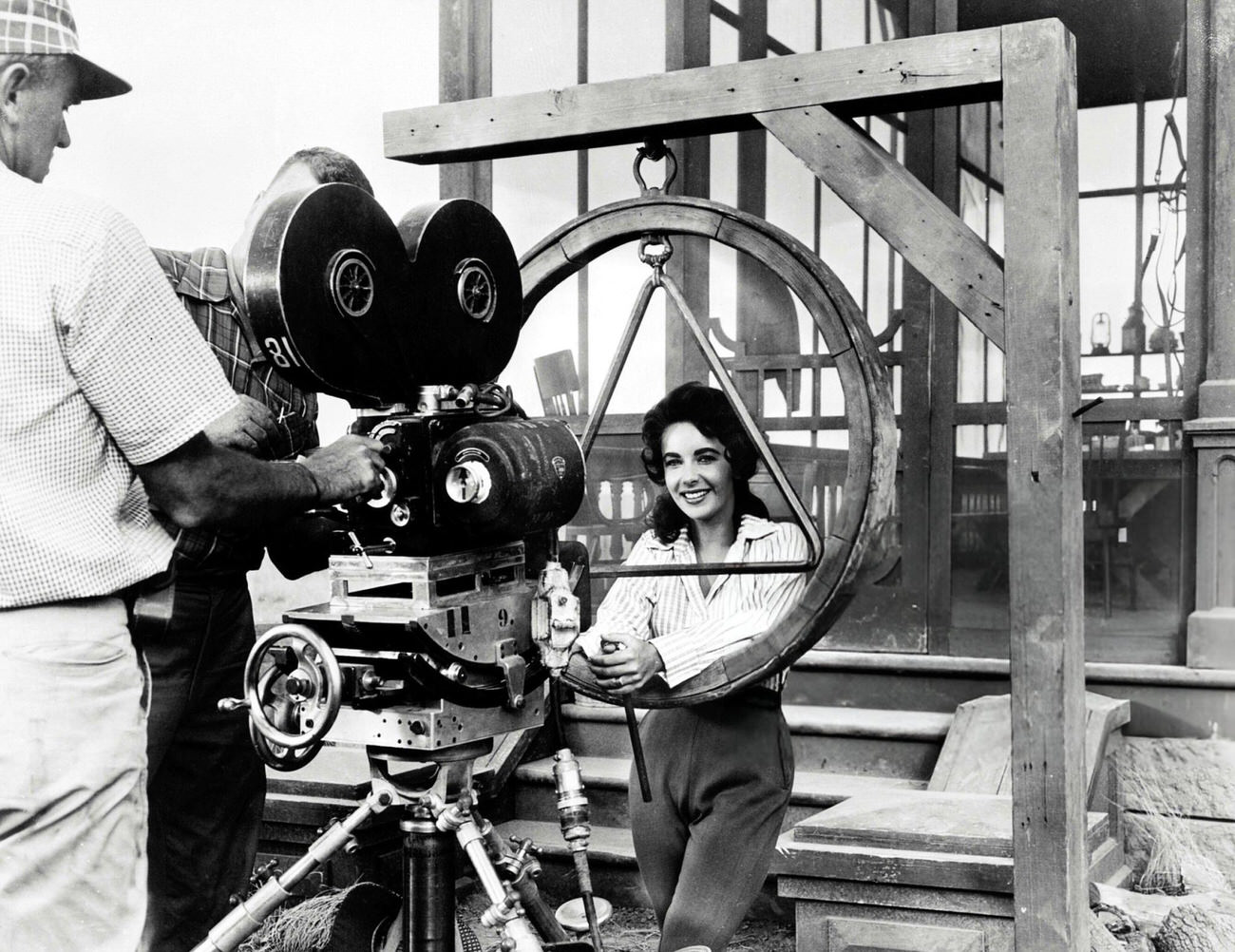
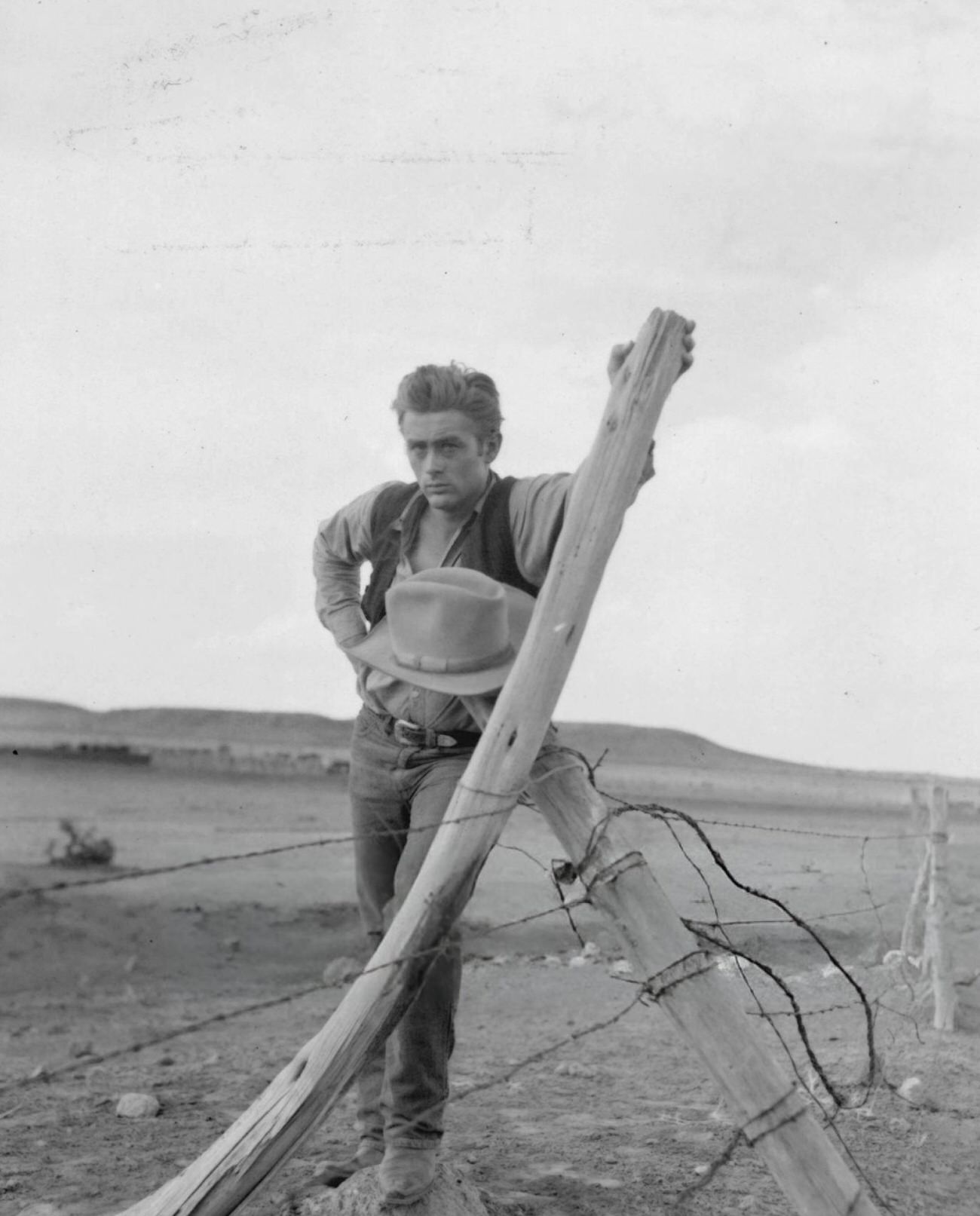
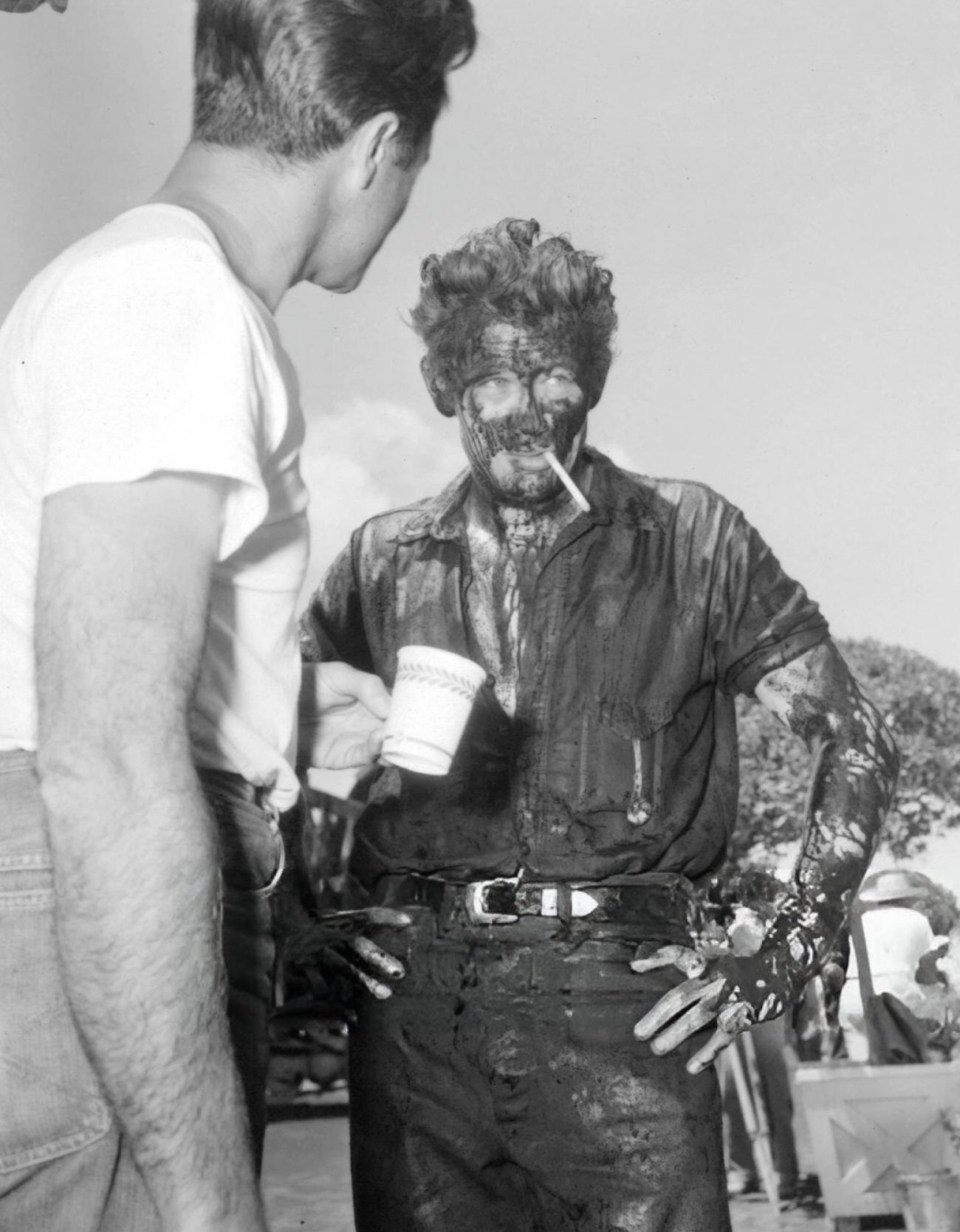
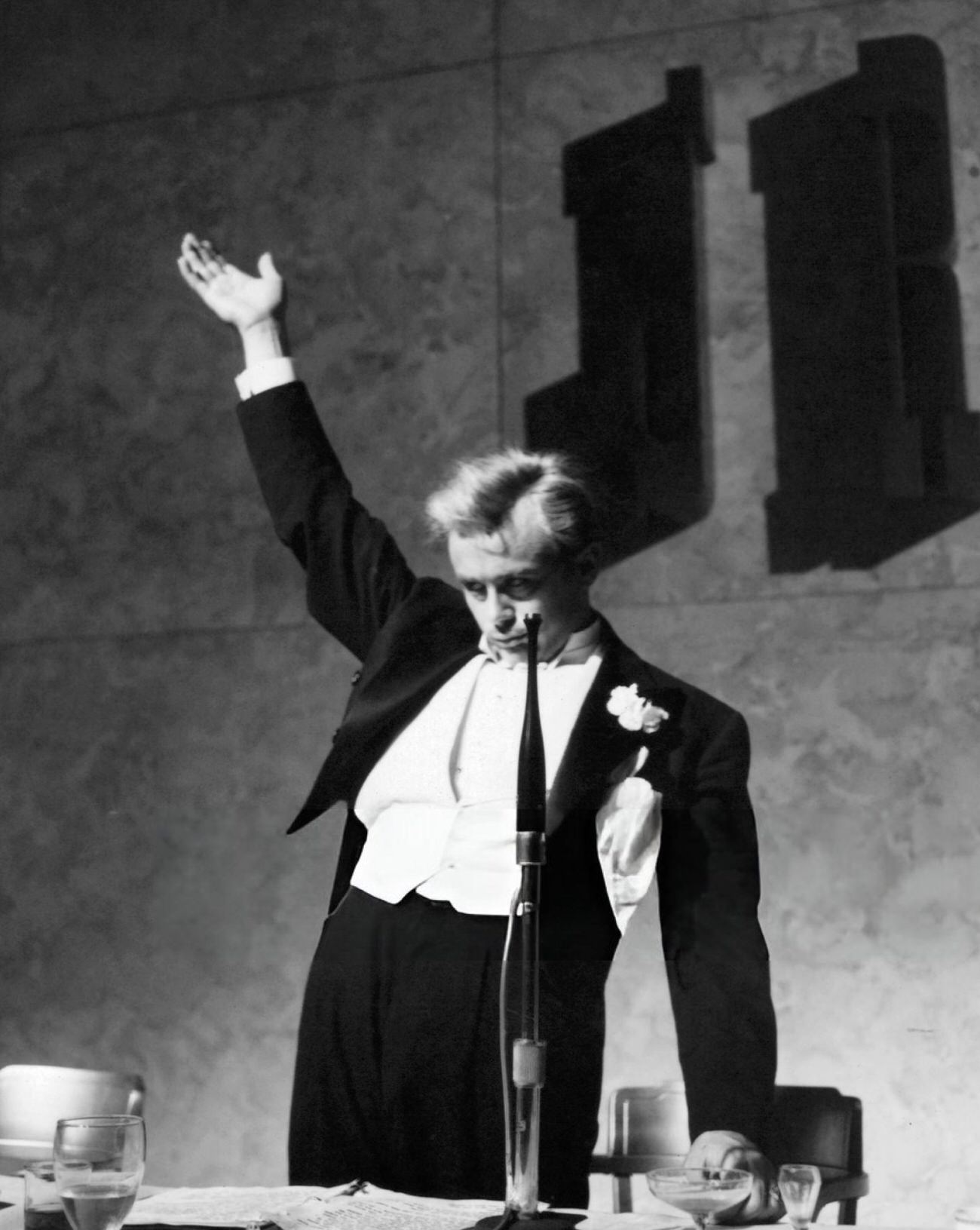
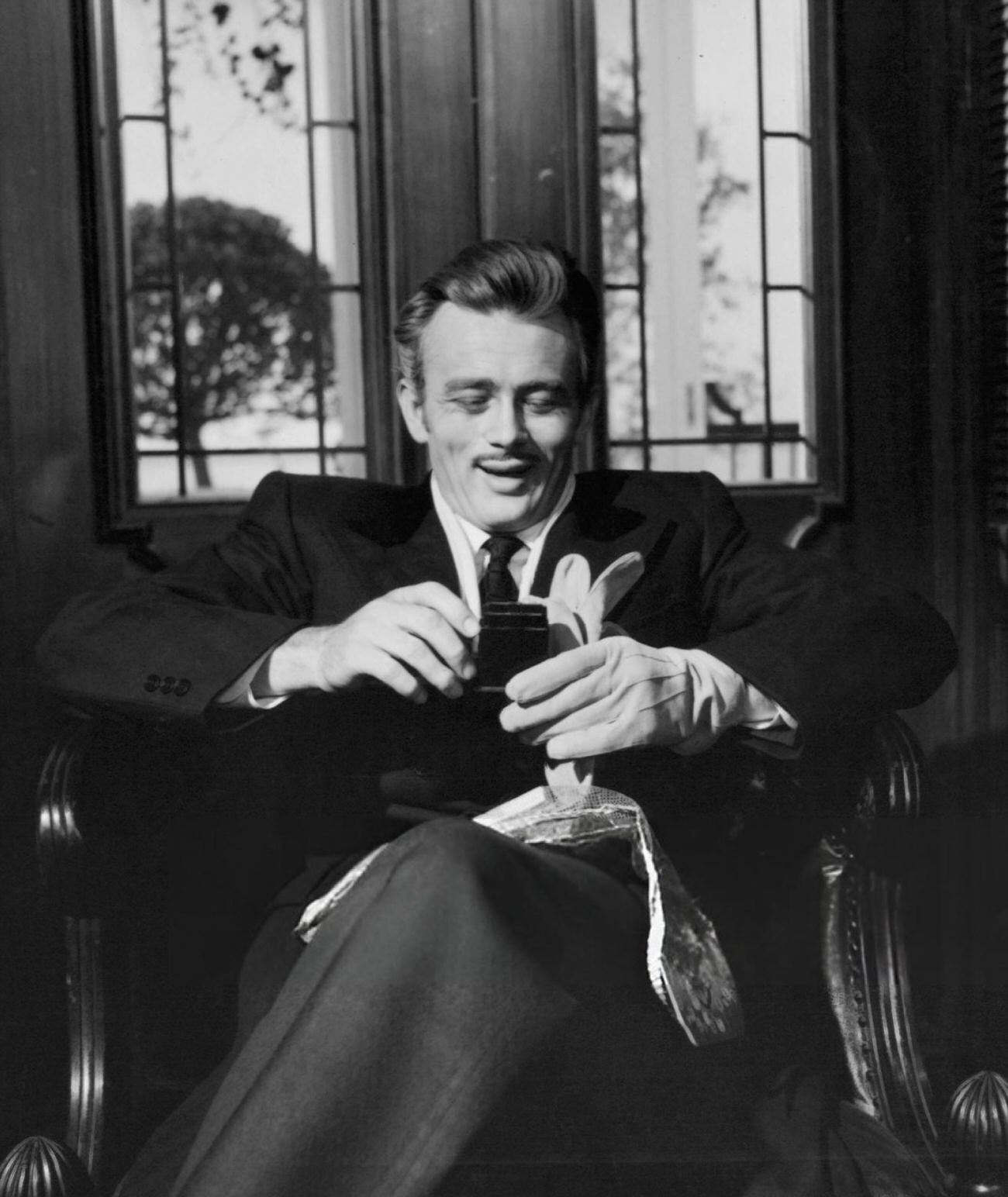
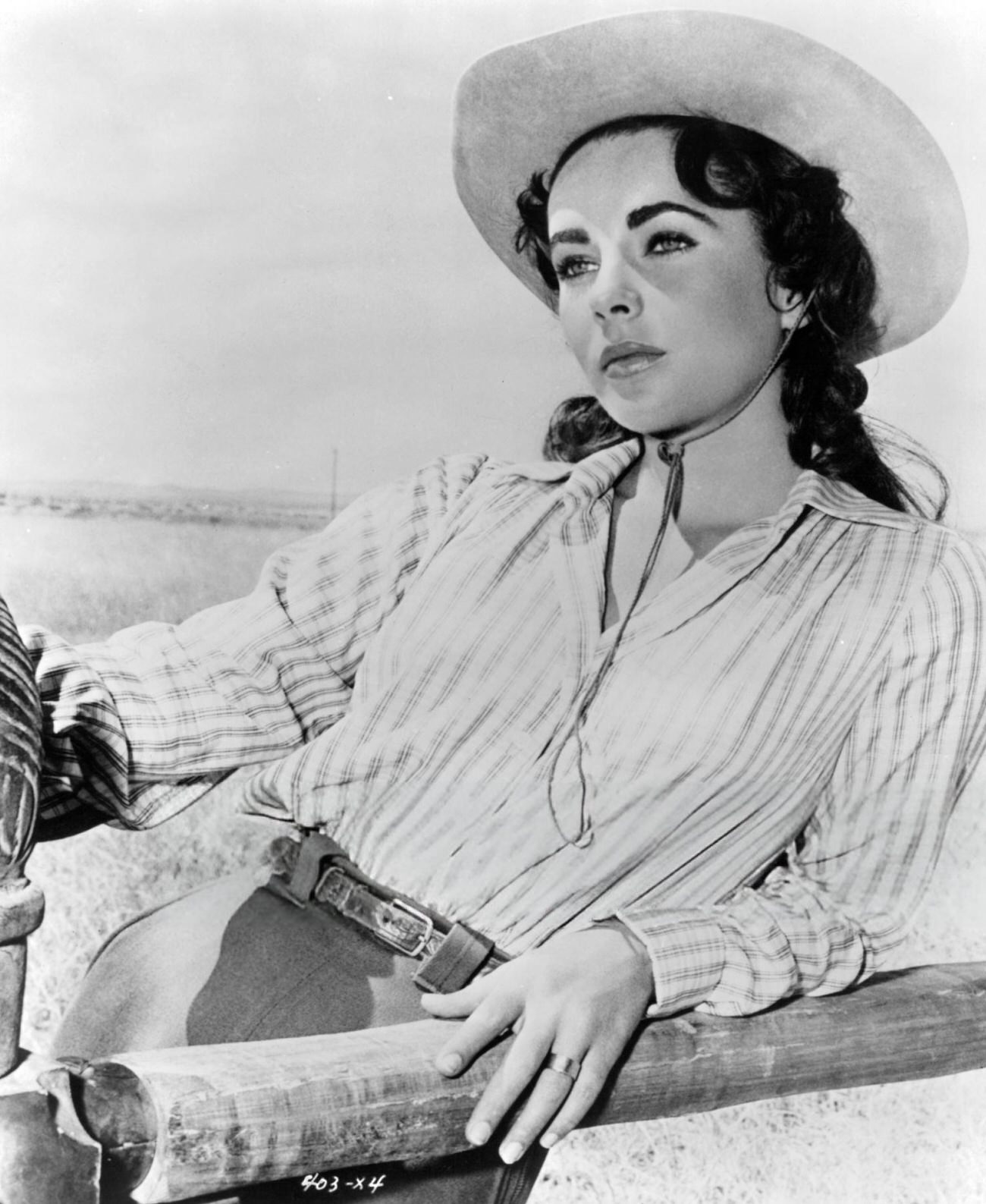
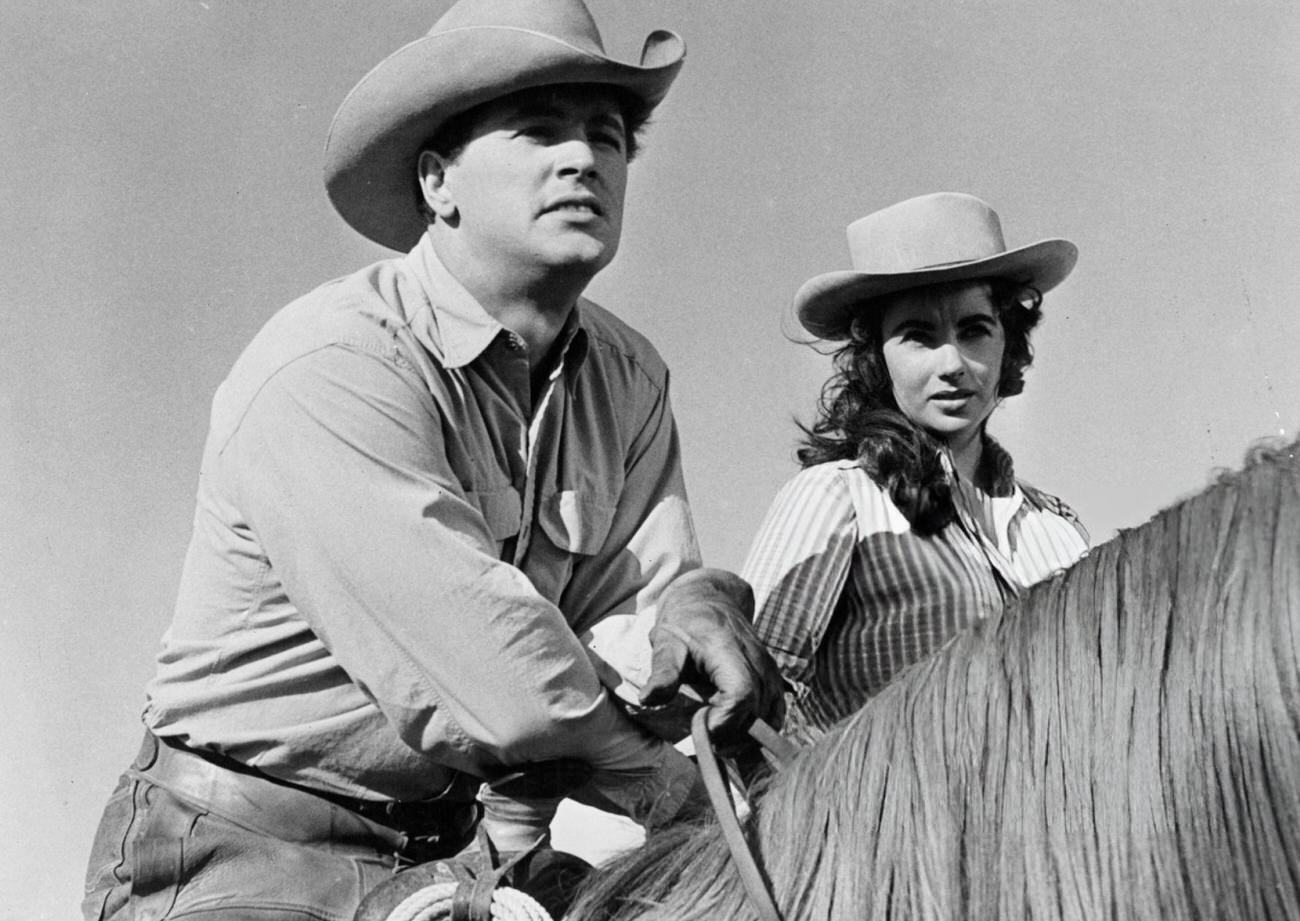
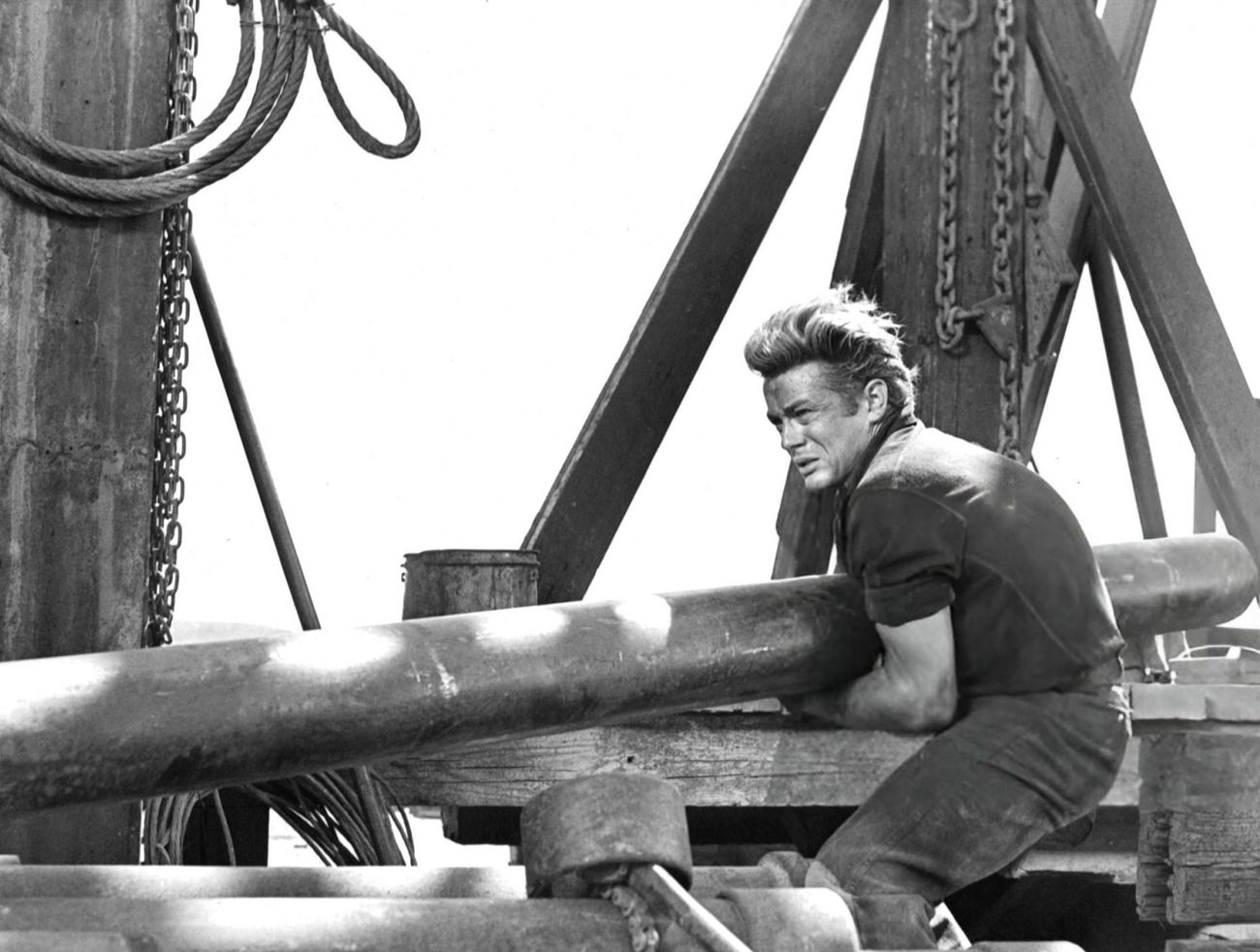
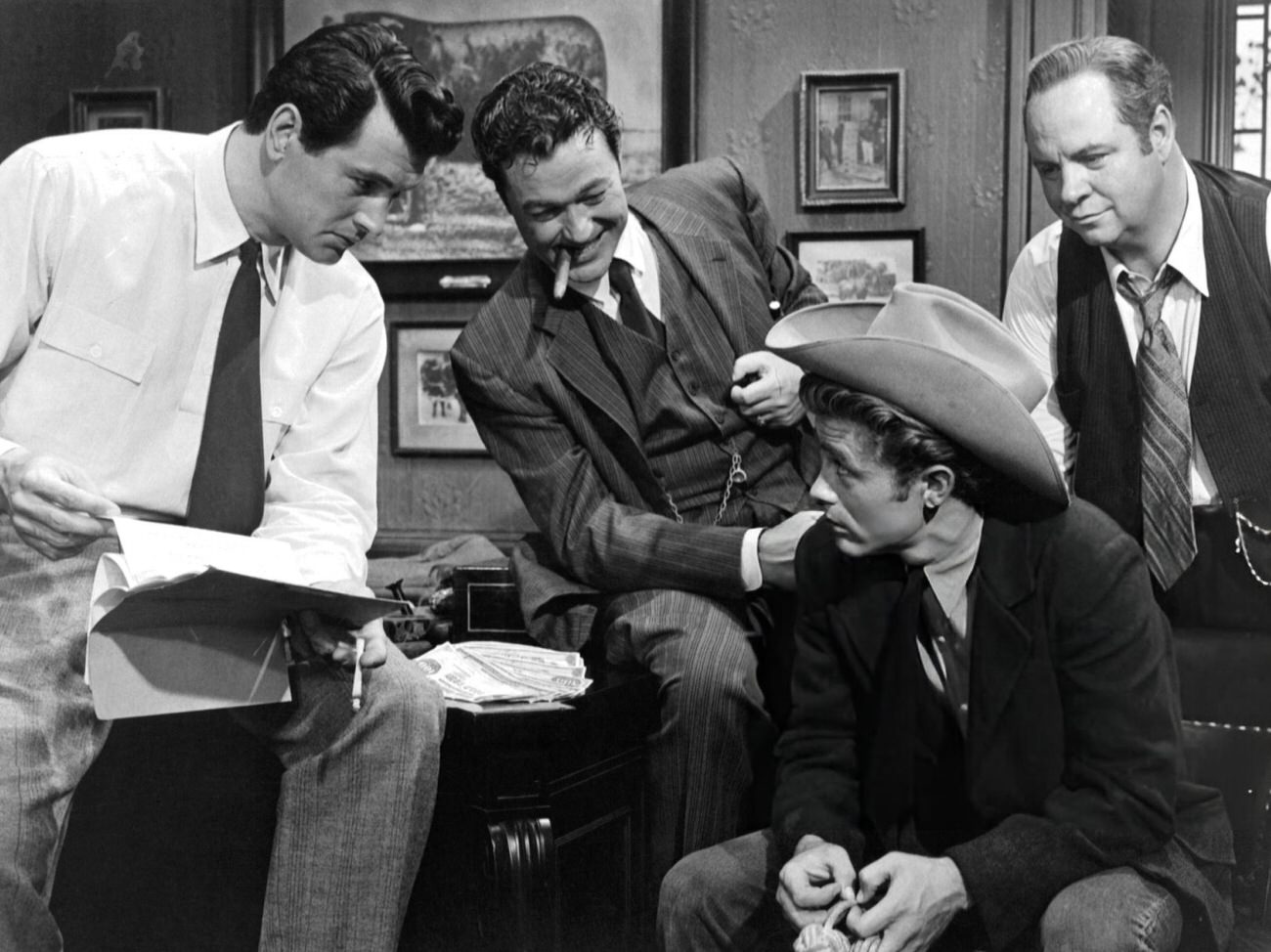
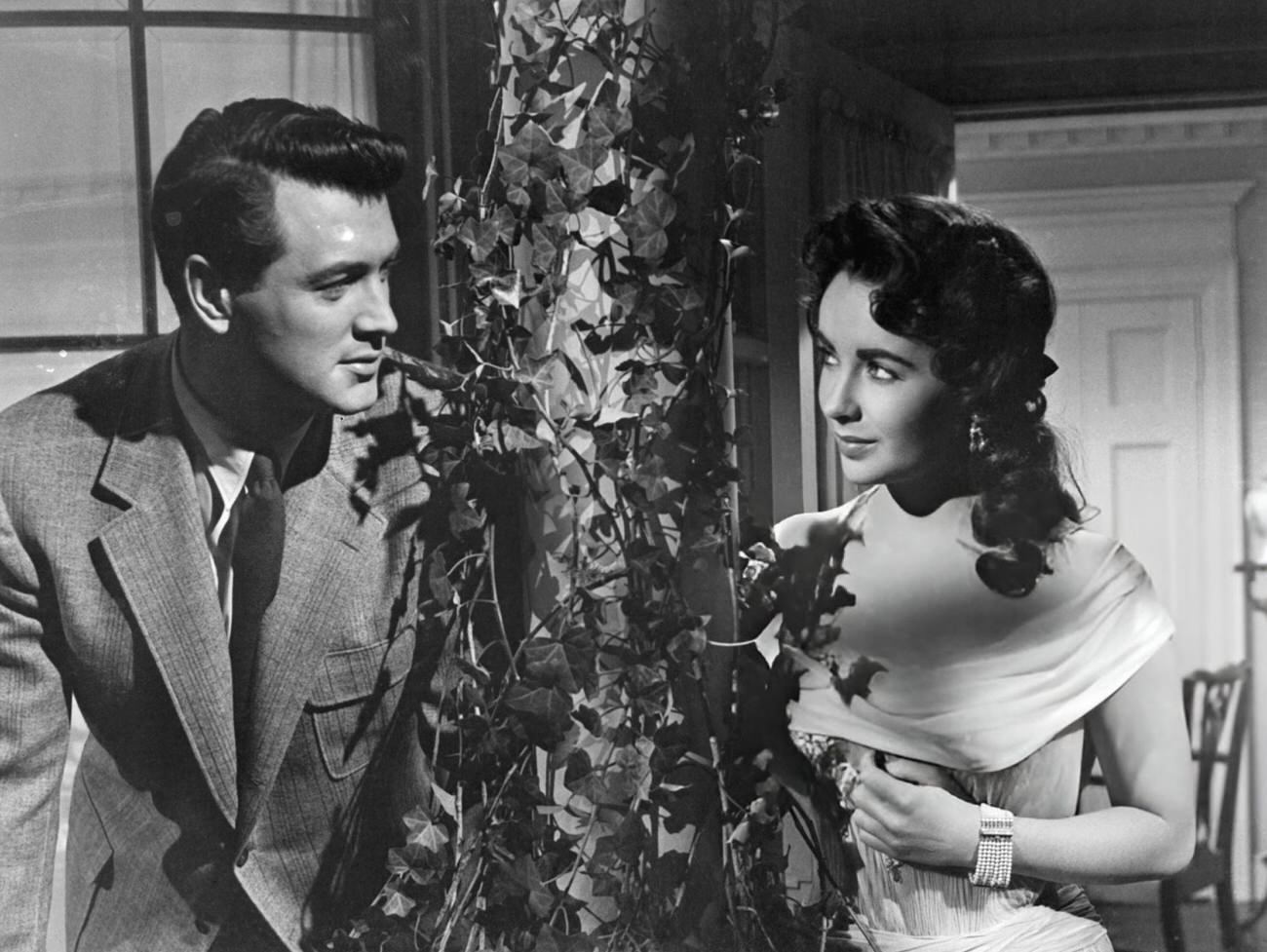
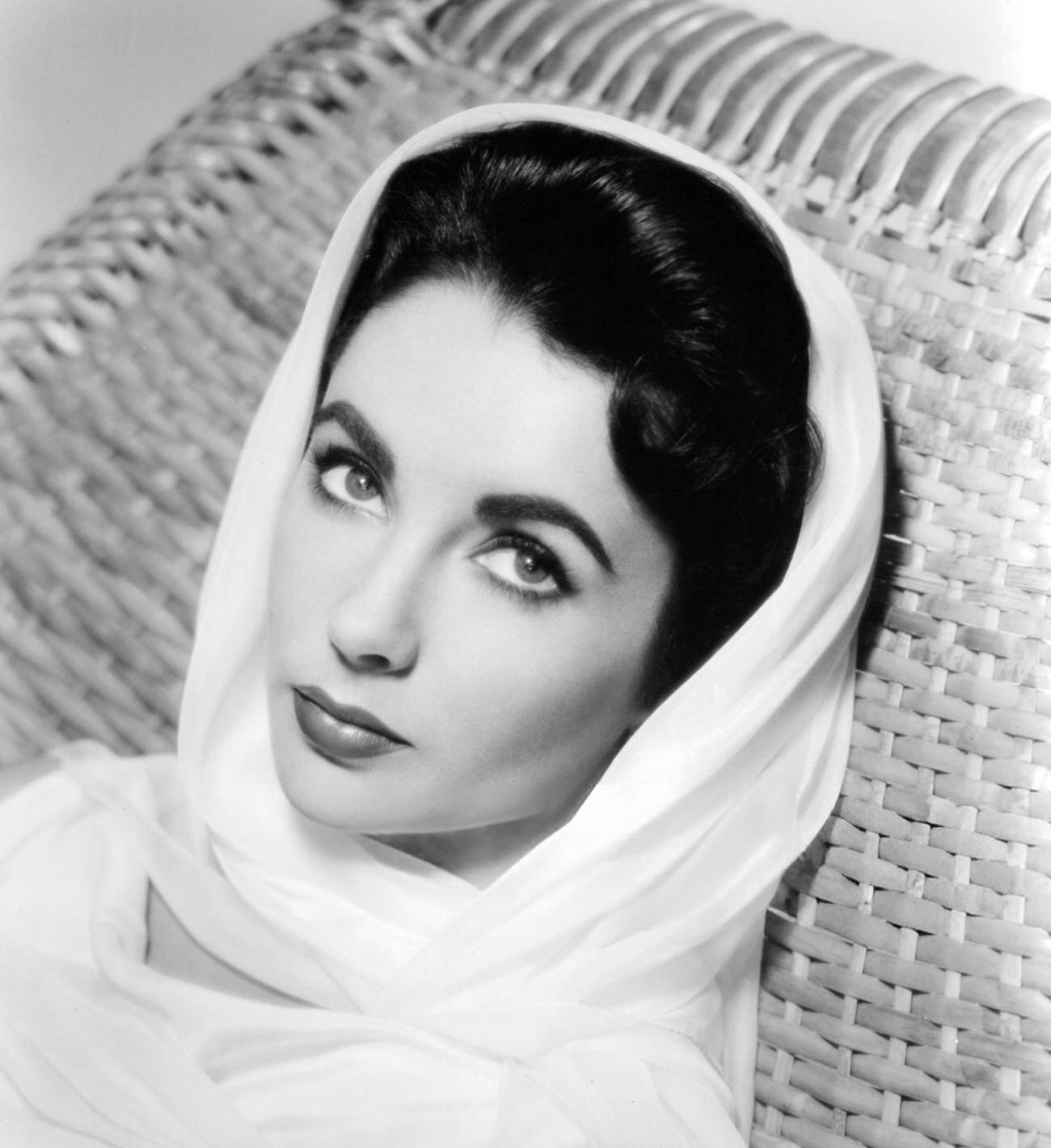
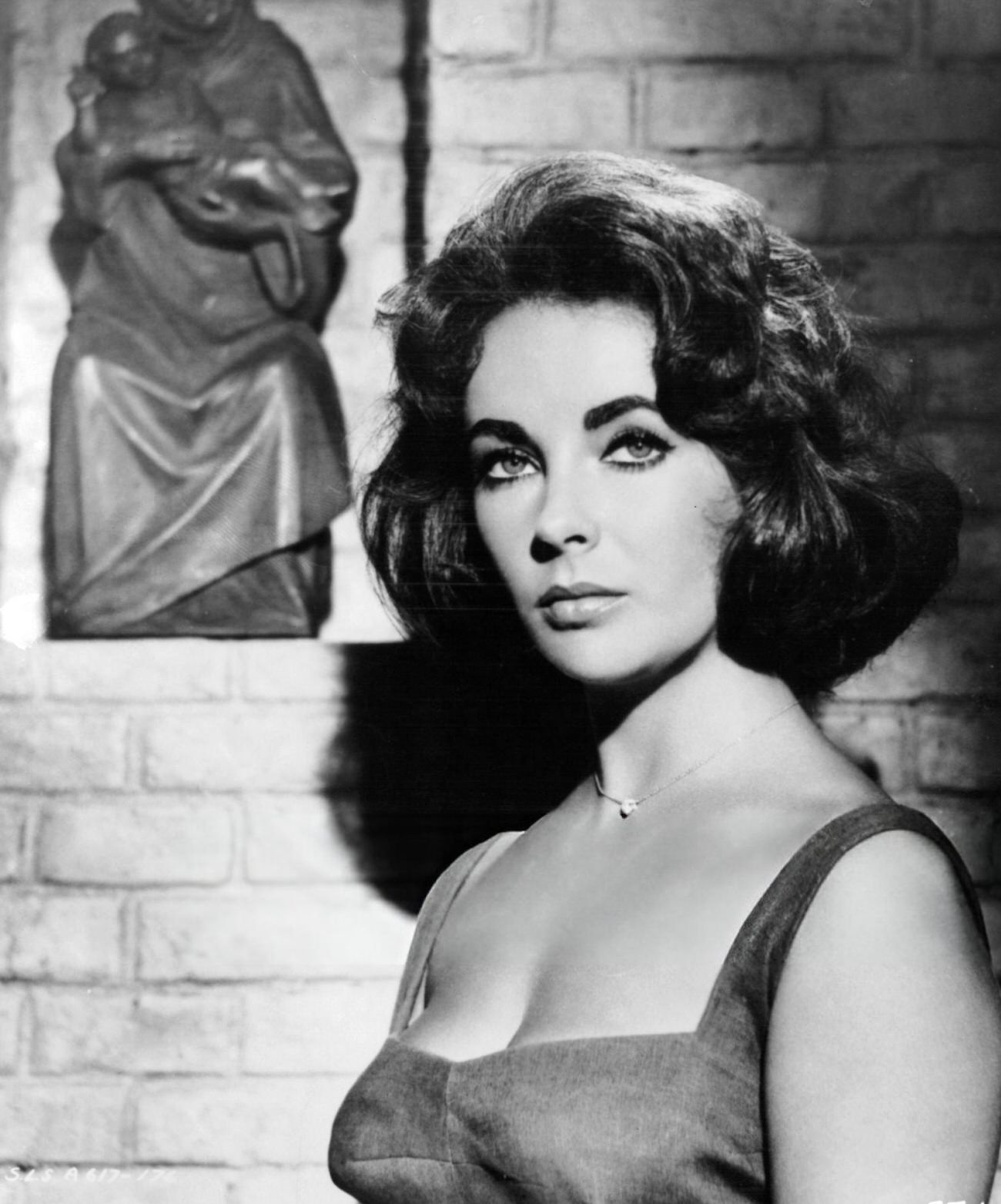
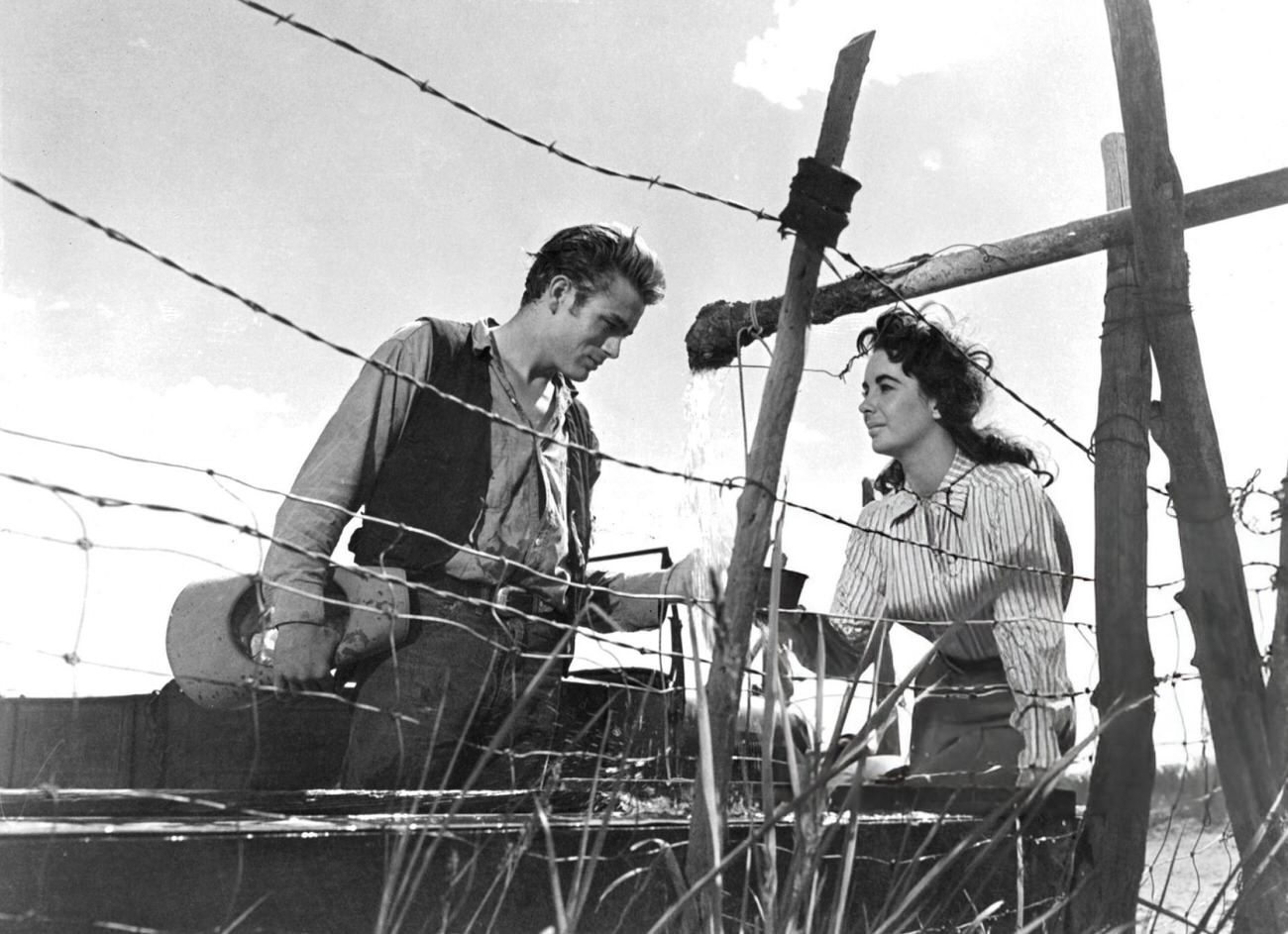
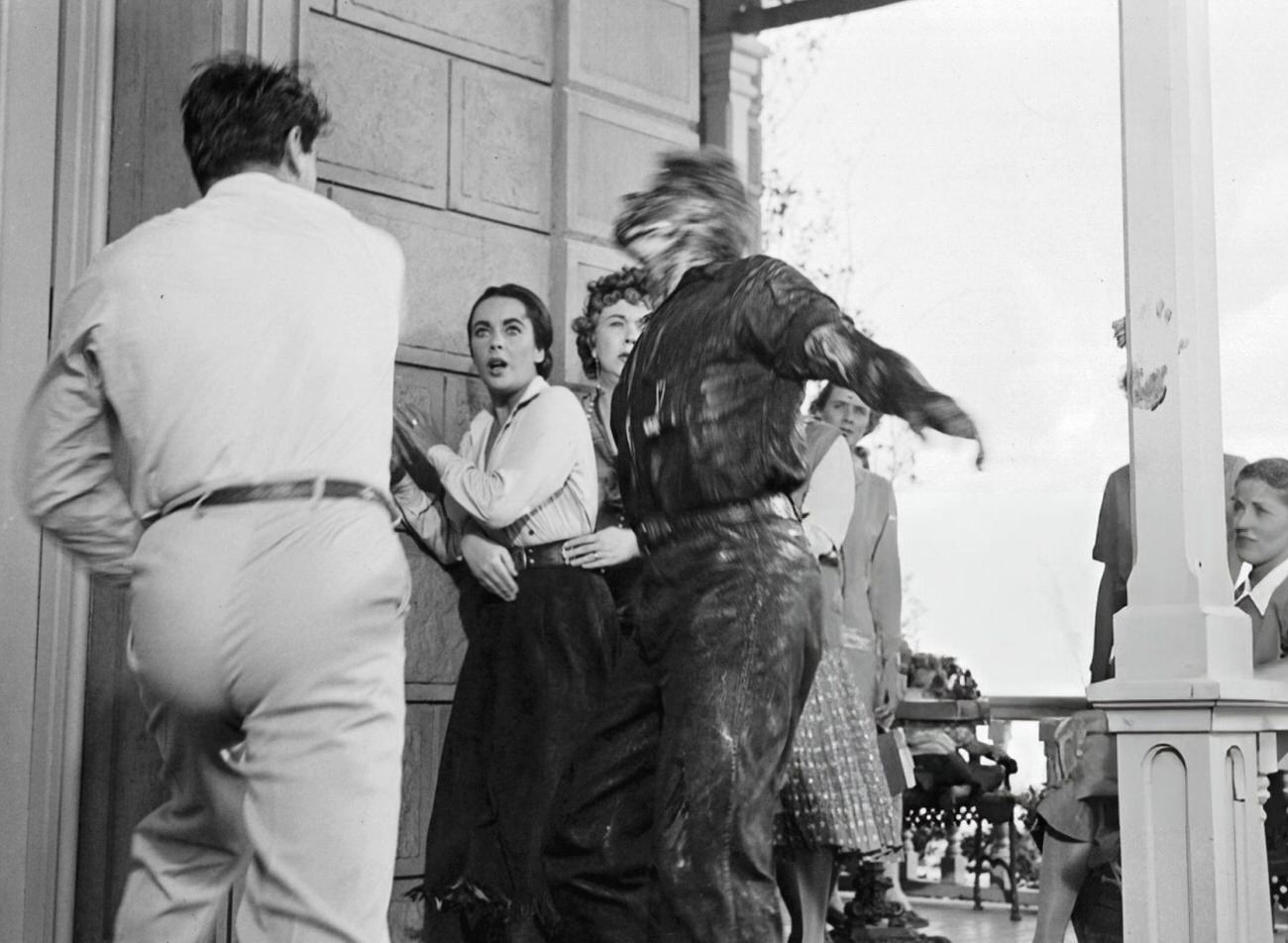
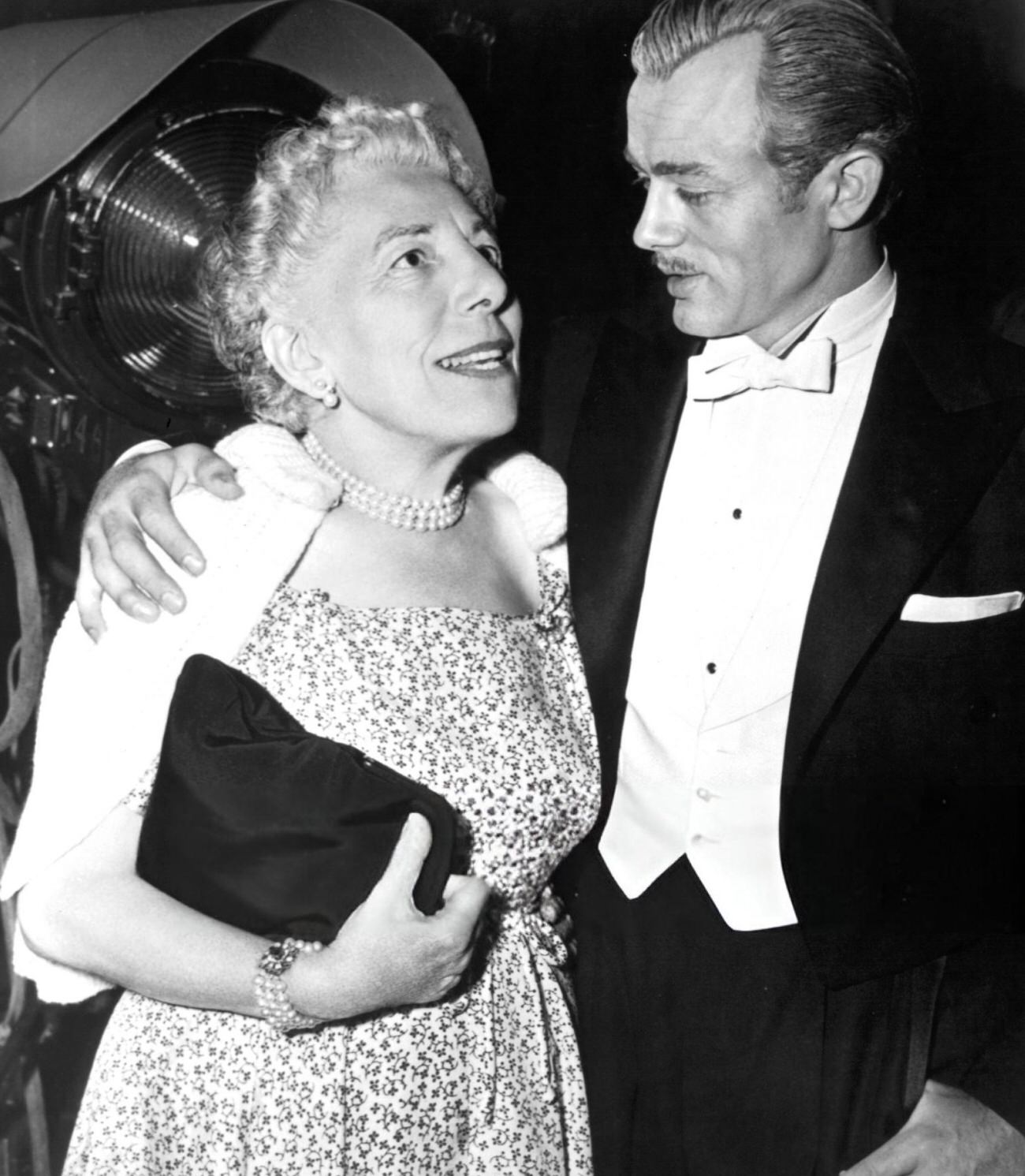
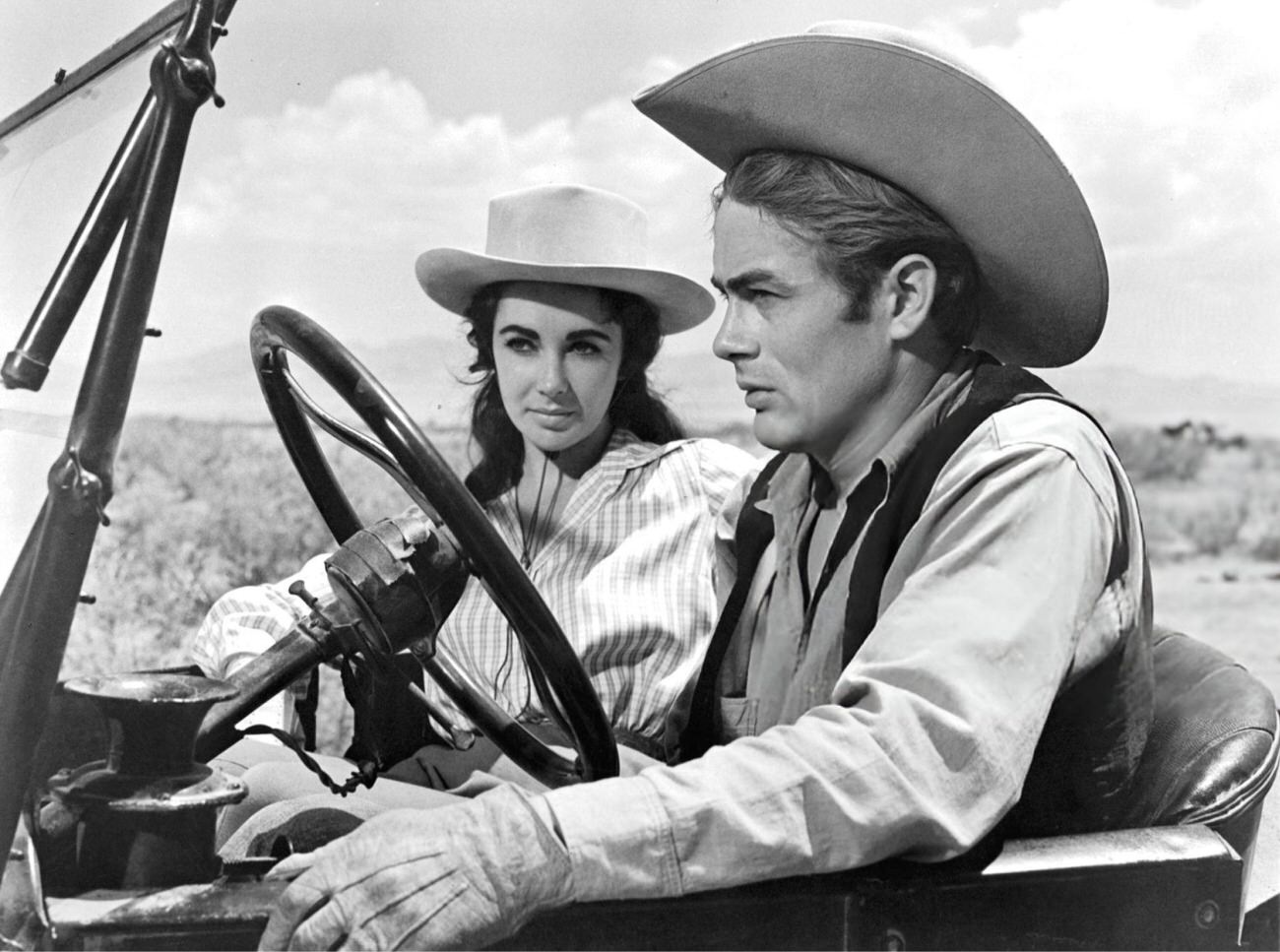
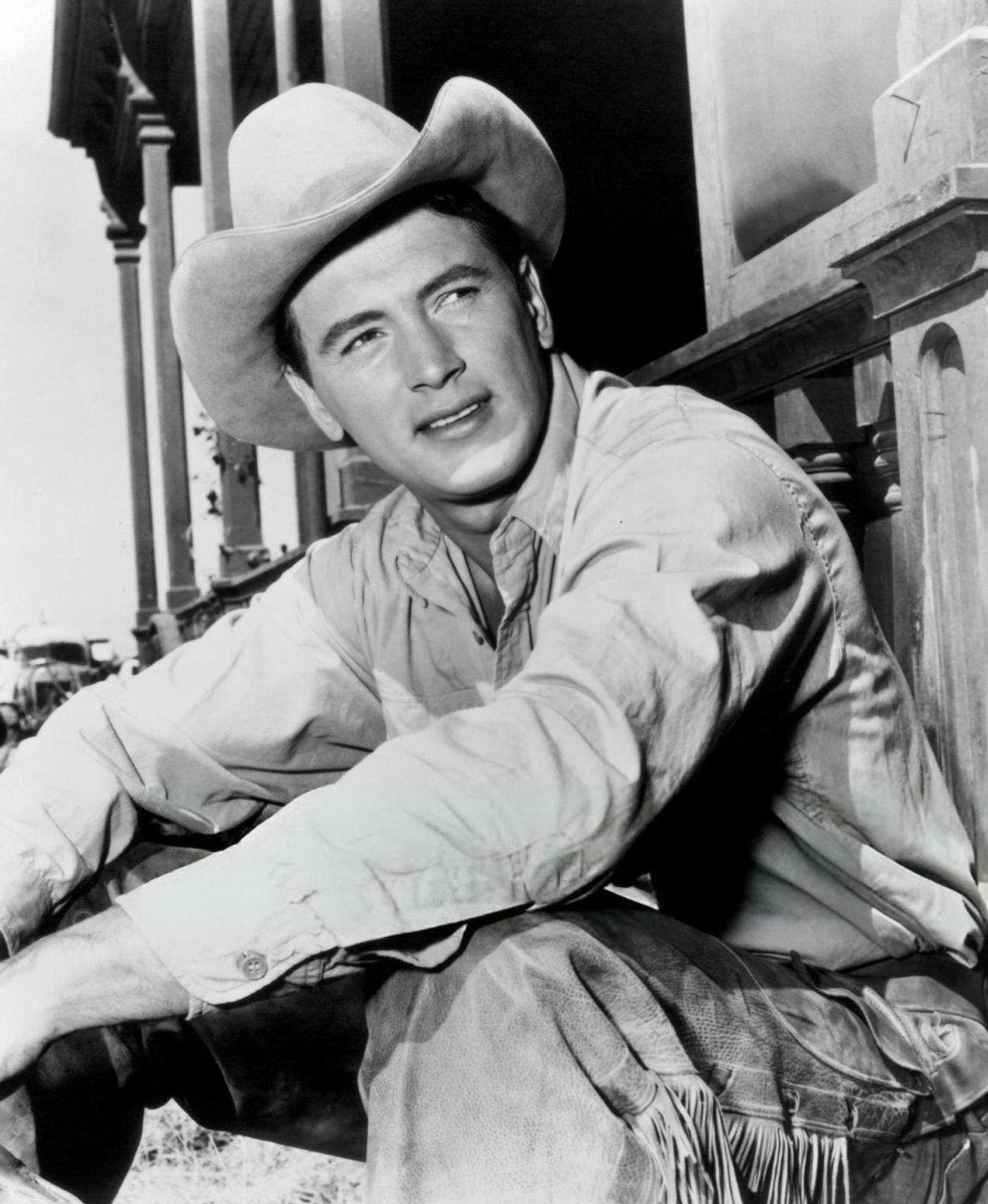
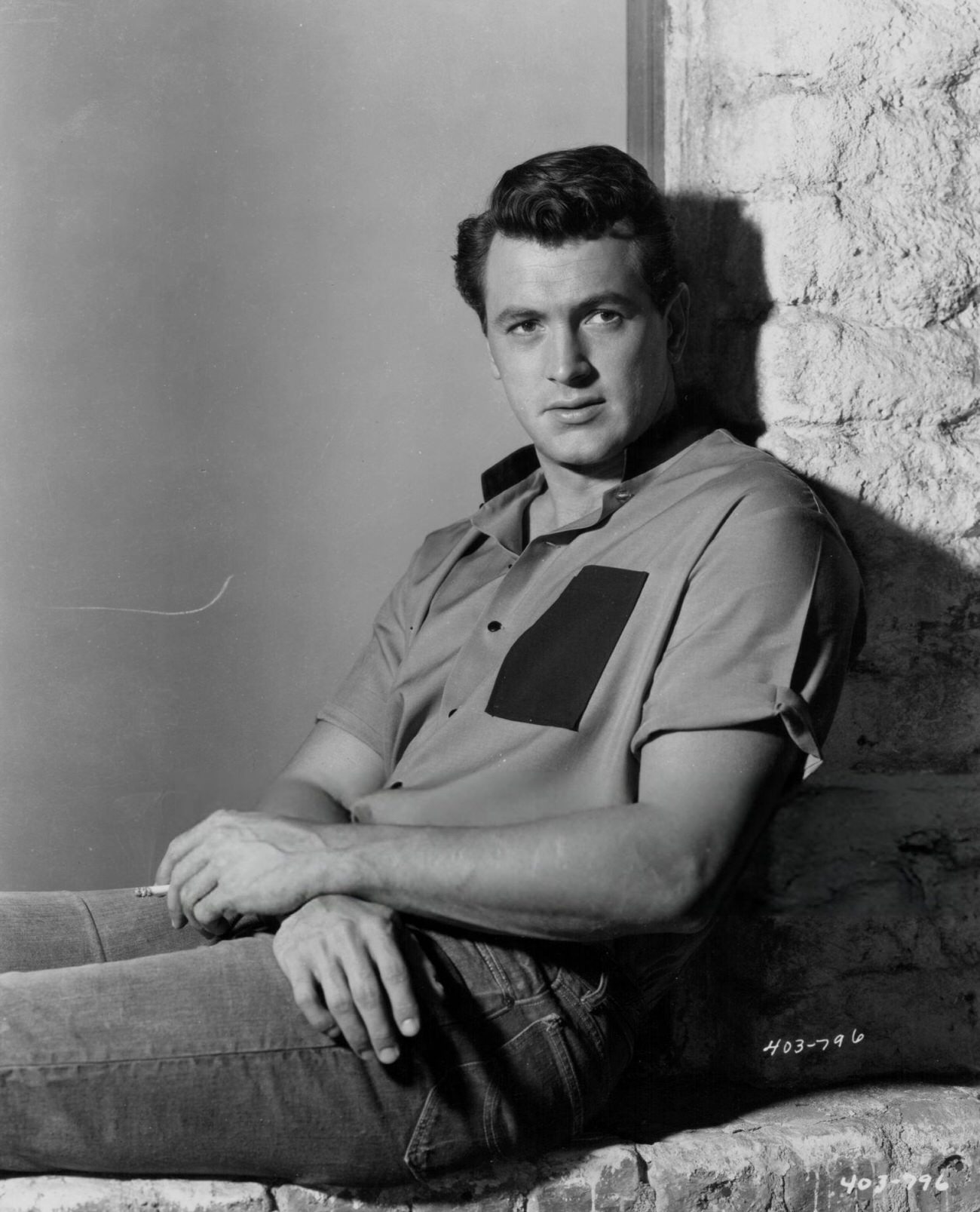
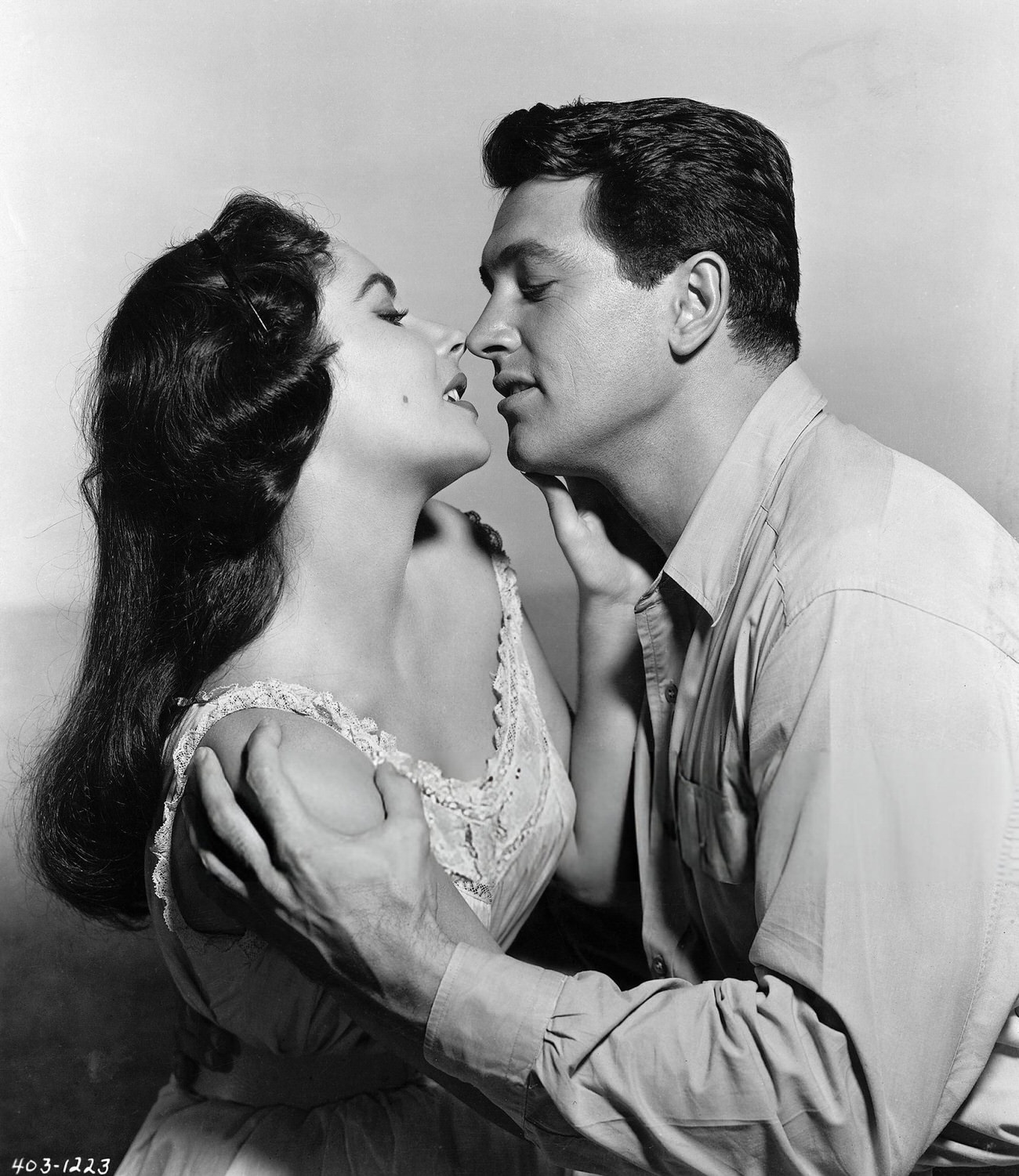
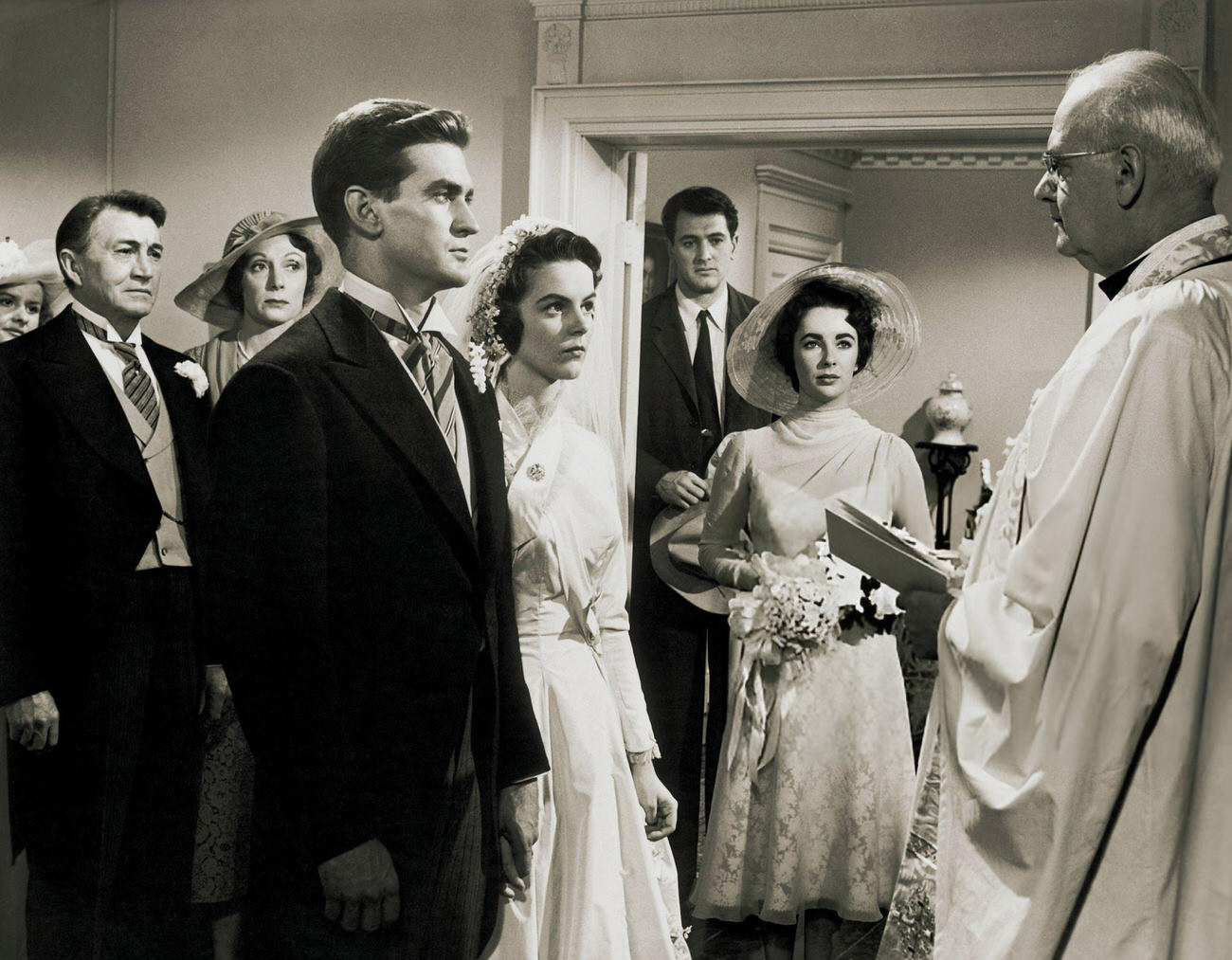
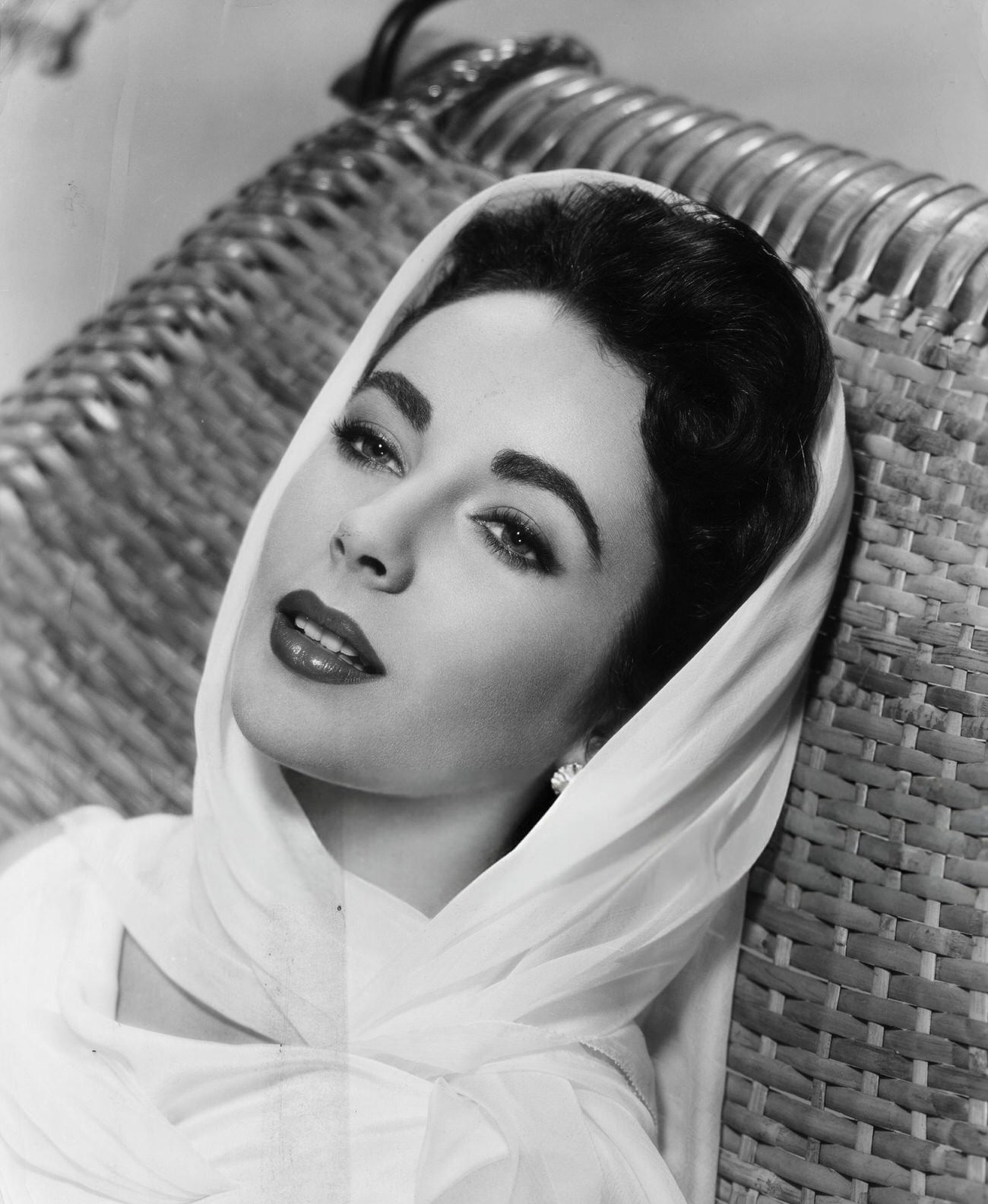
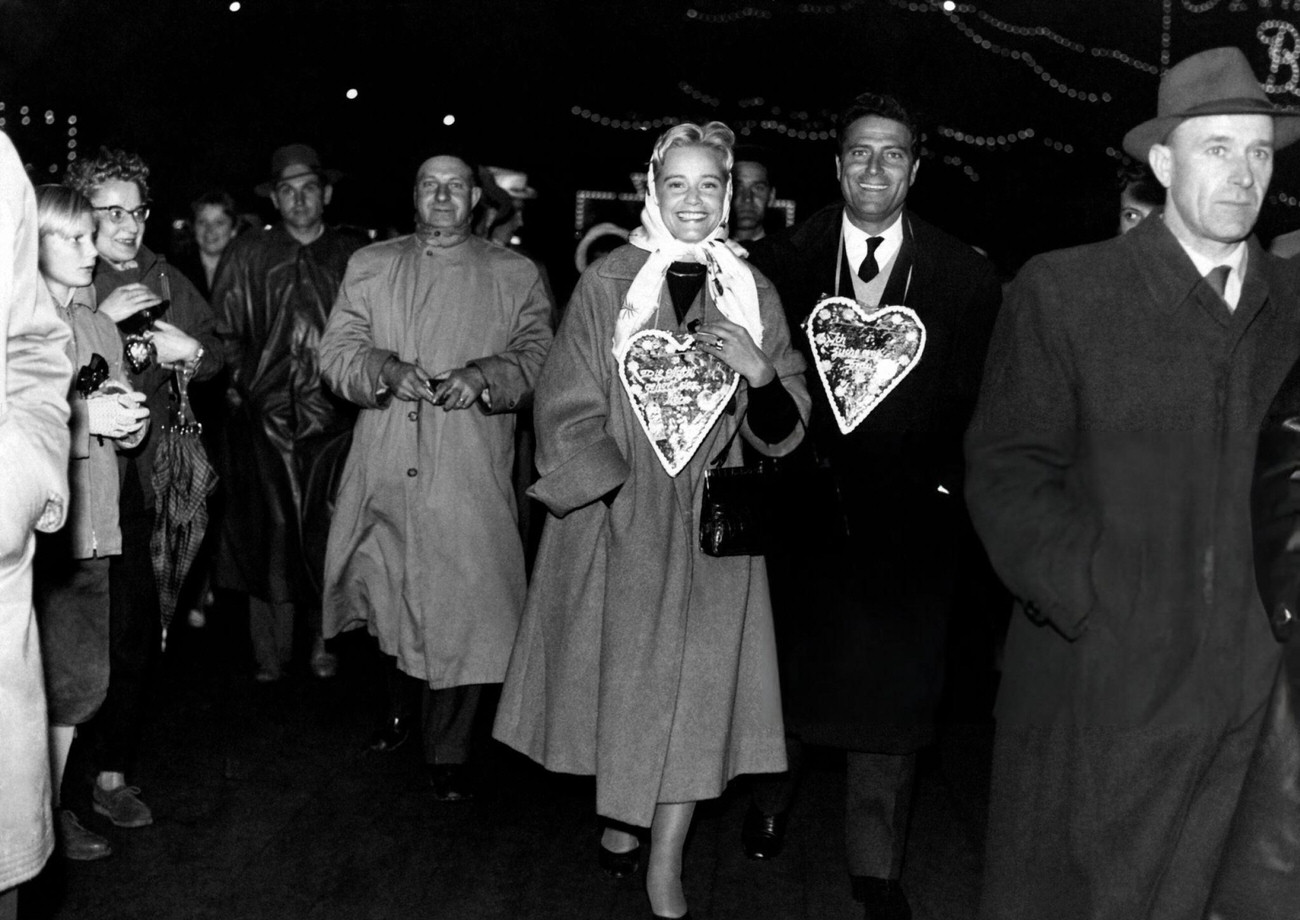
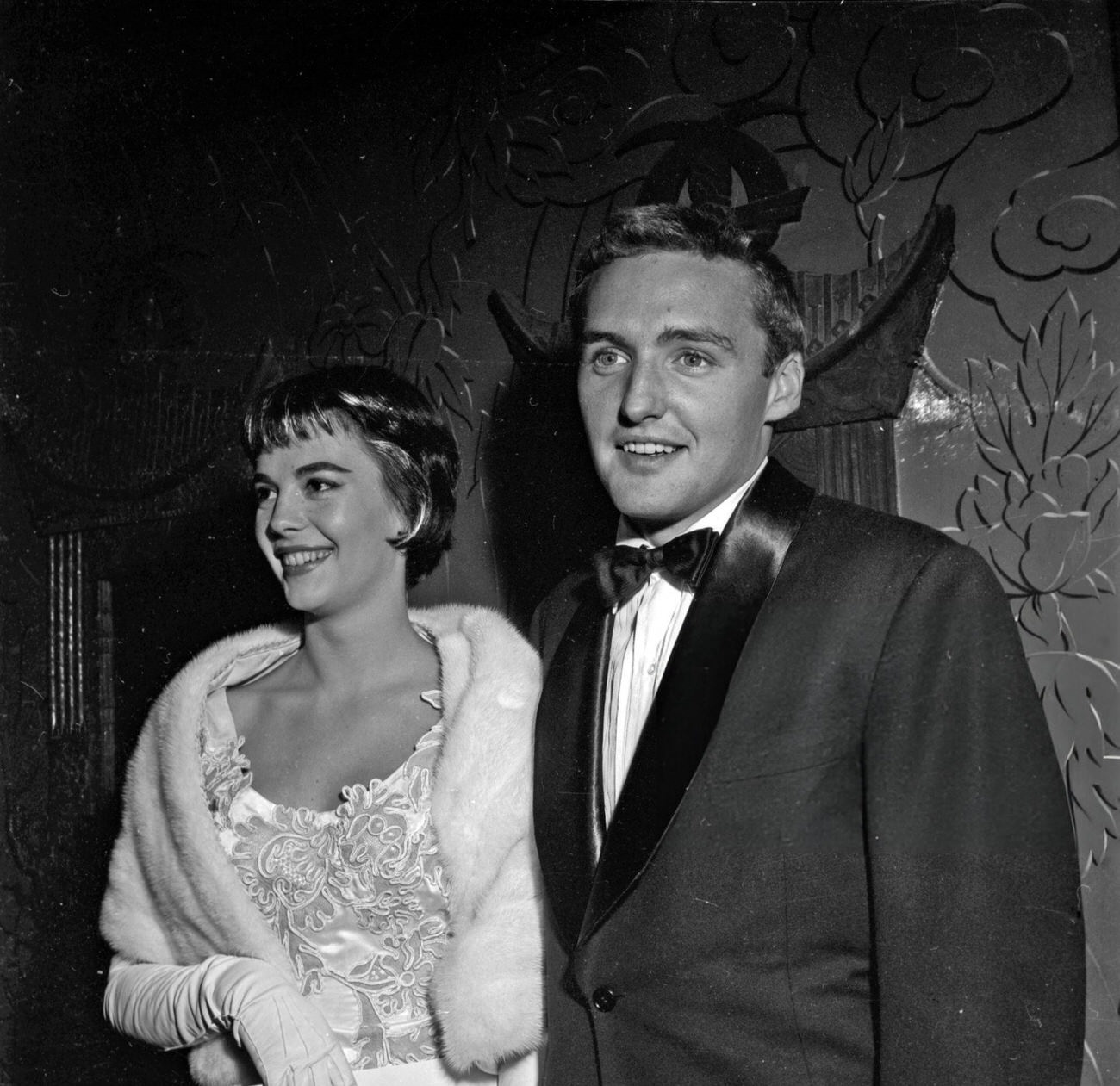
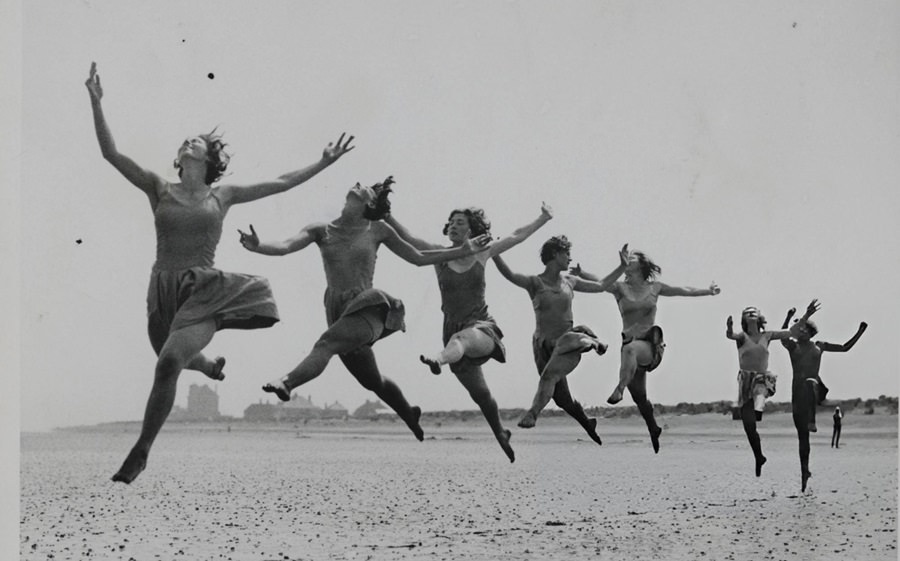
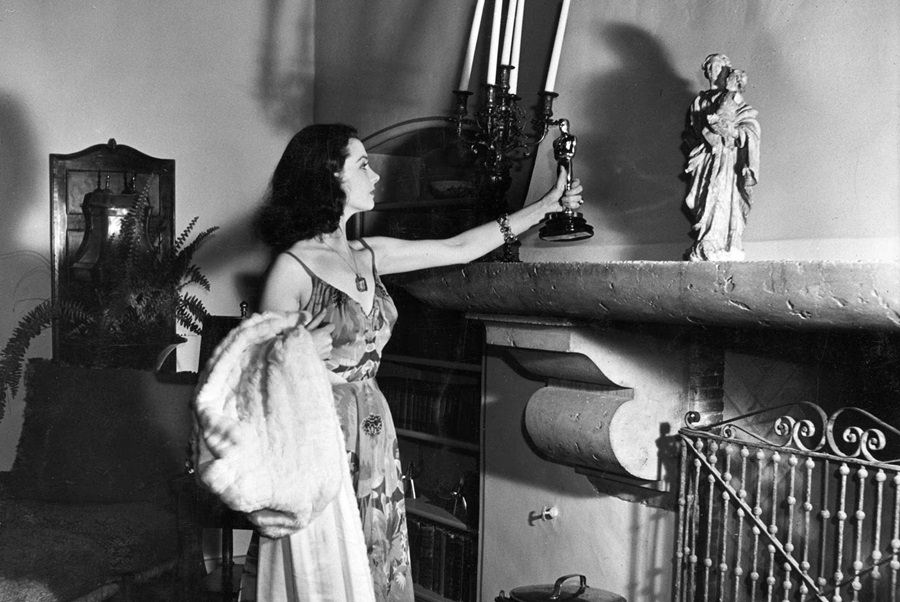
In the movie Giant; Chill Wills had the very best line in the bar scene: ‘just a touch’.